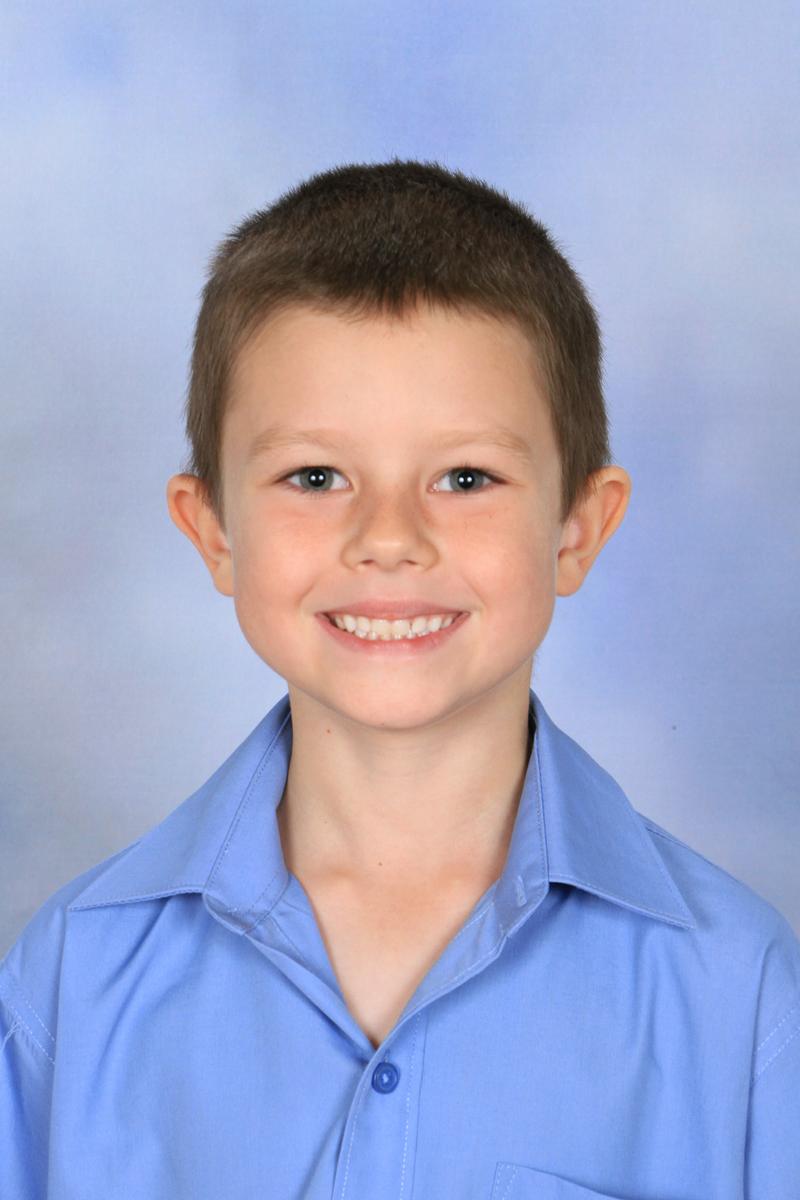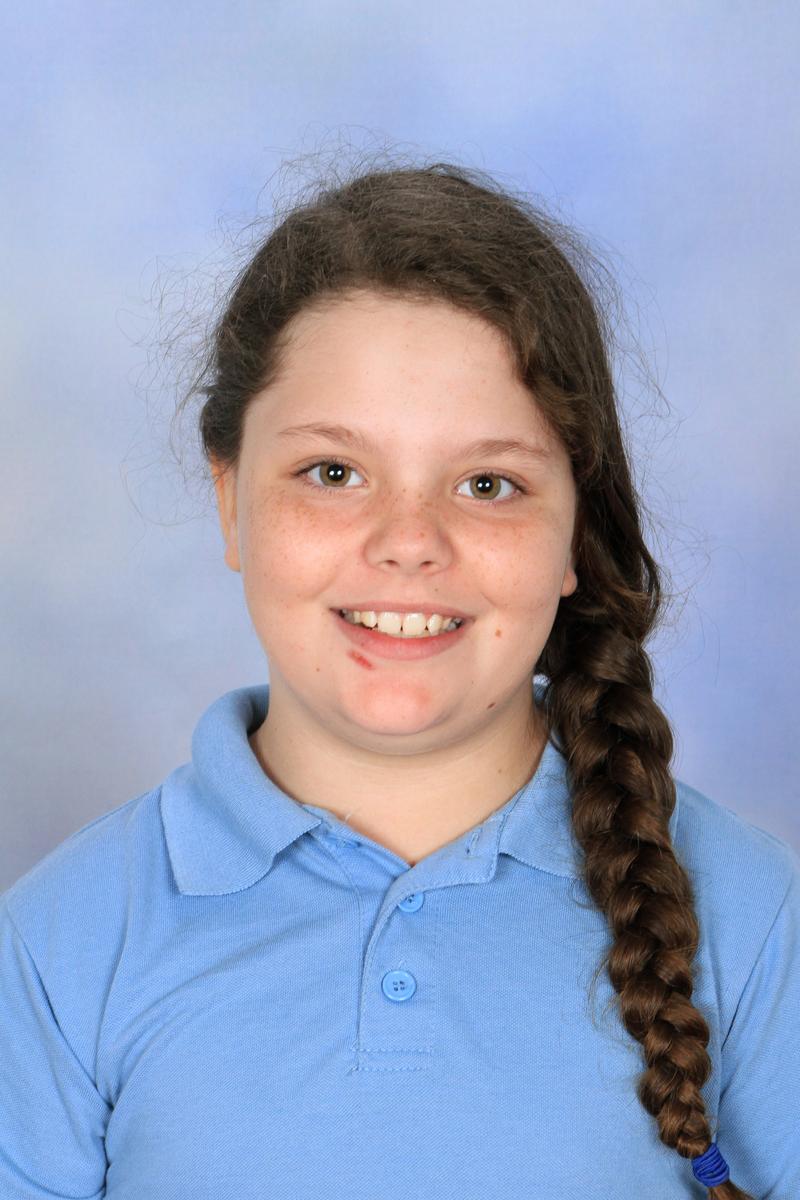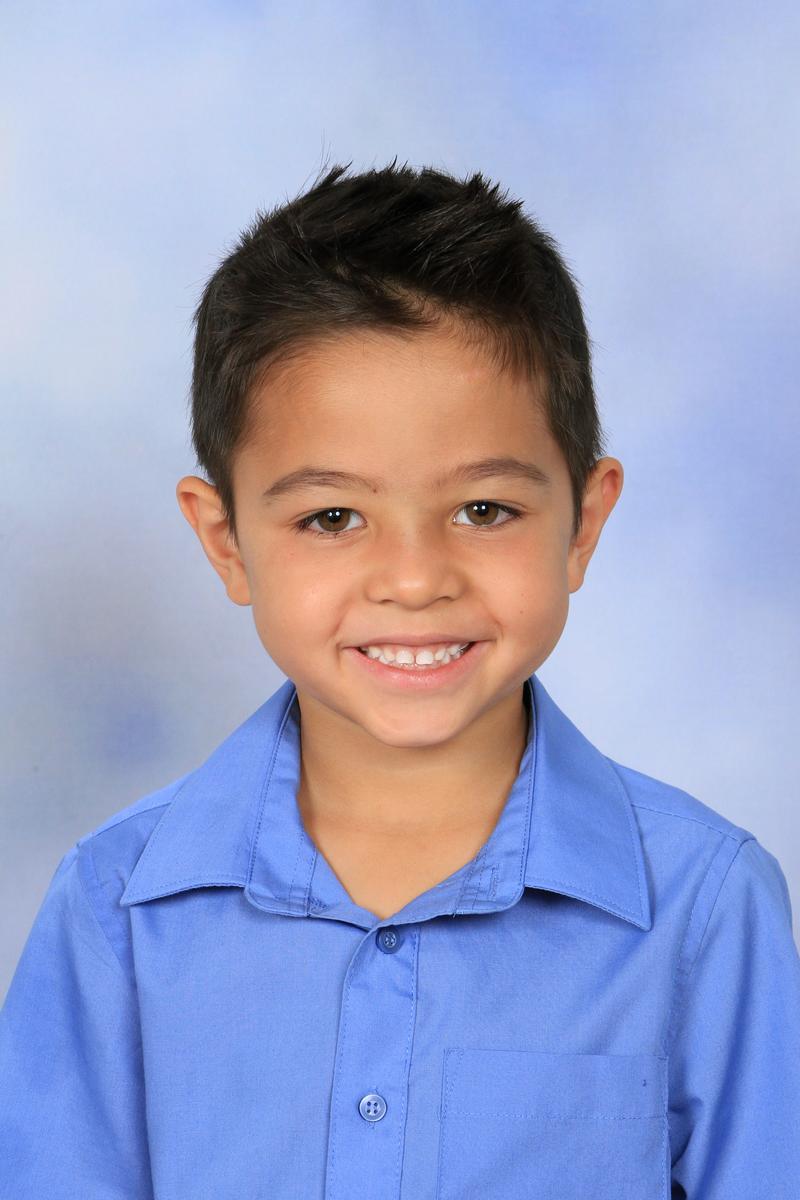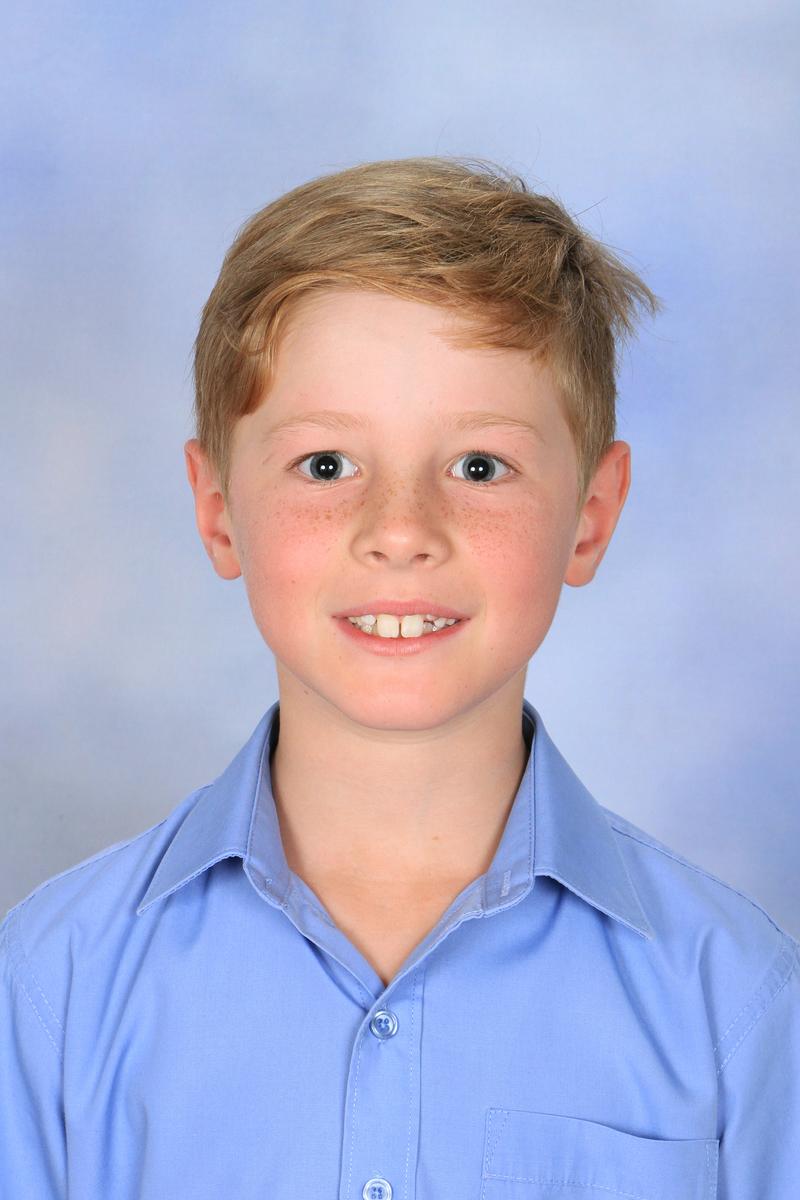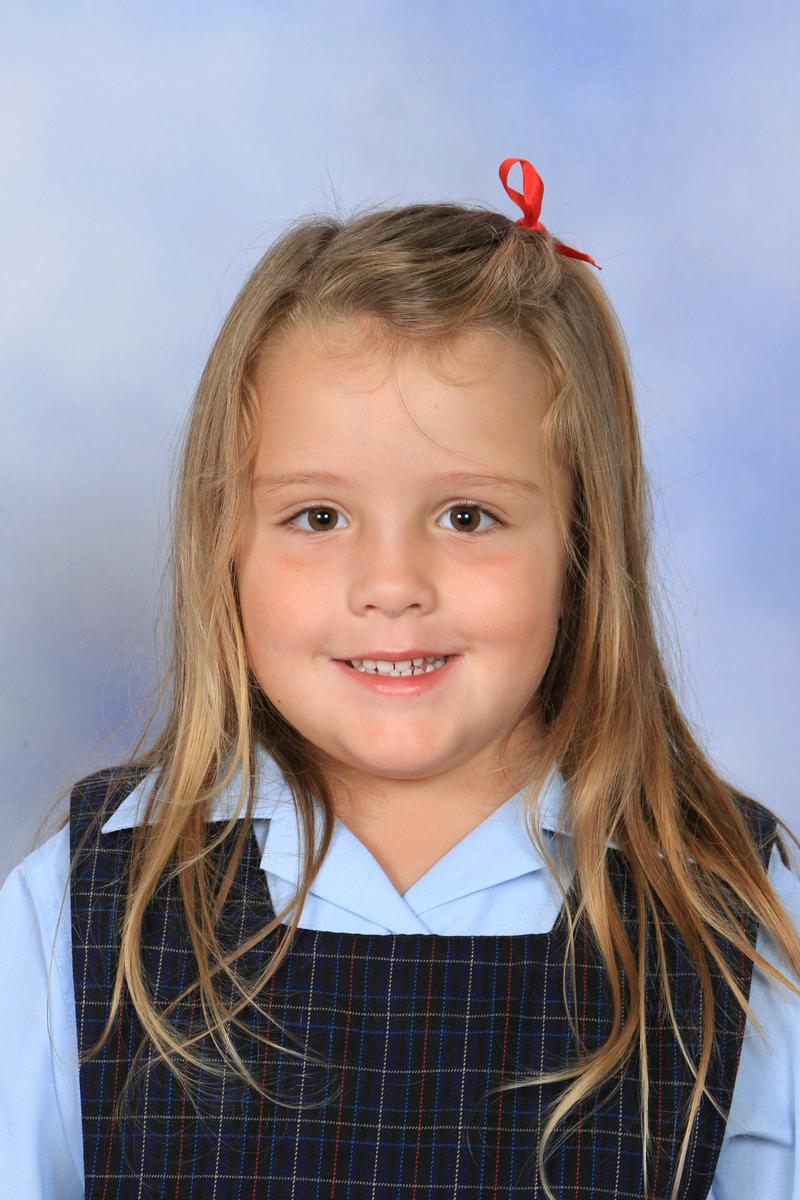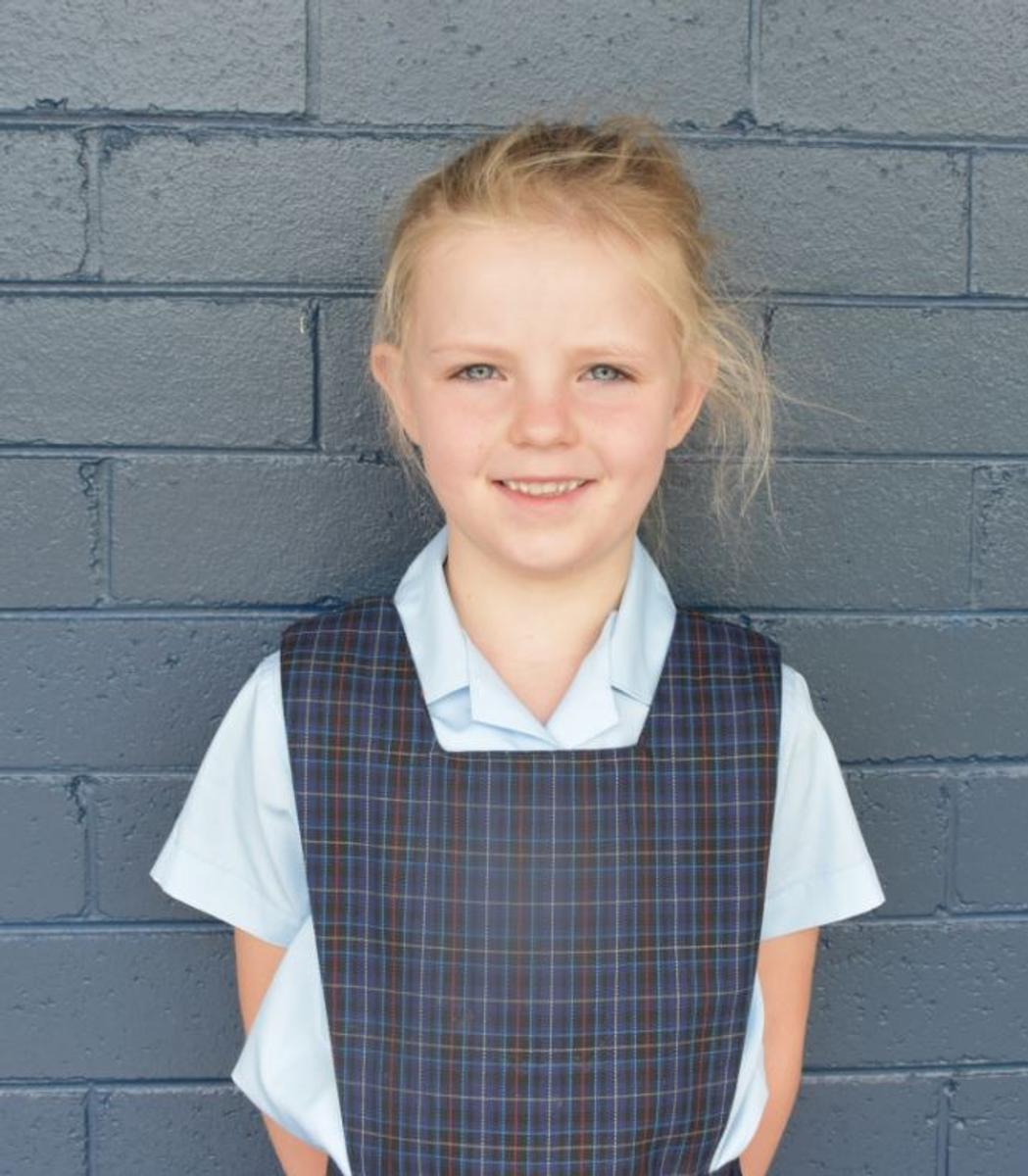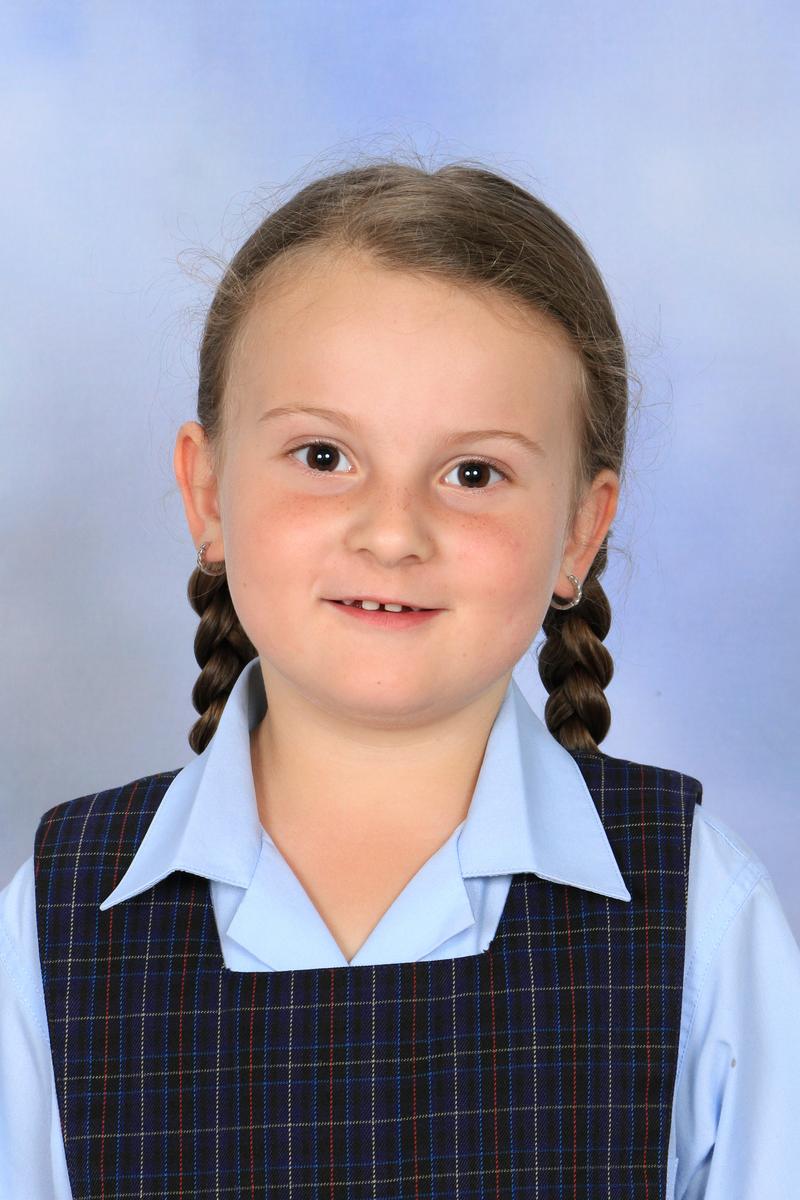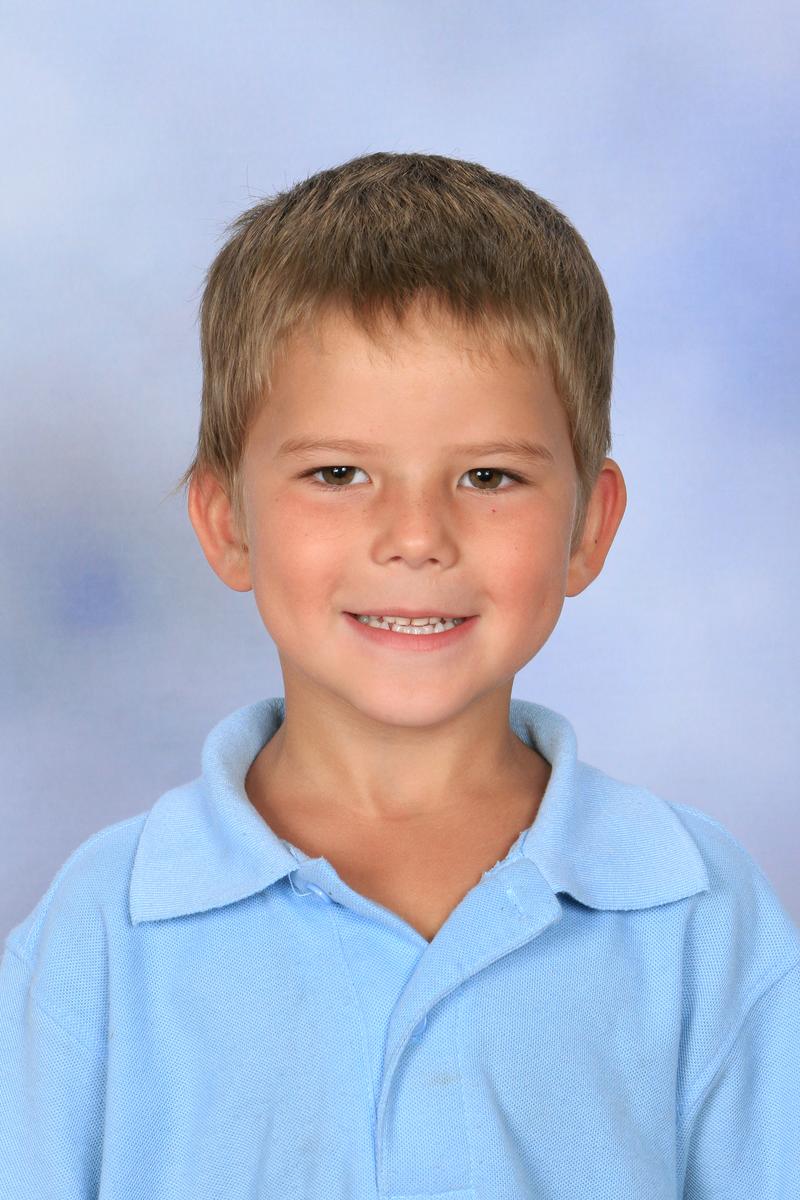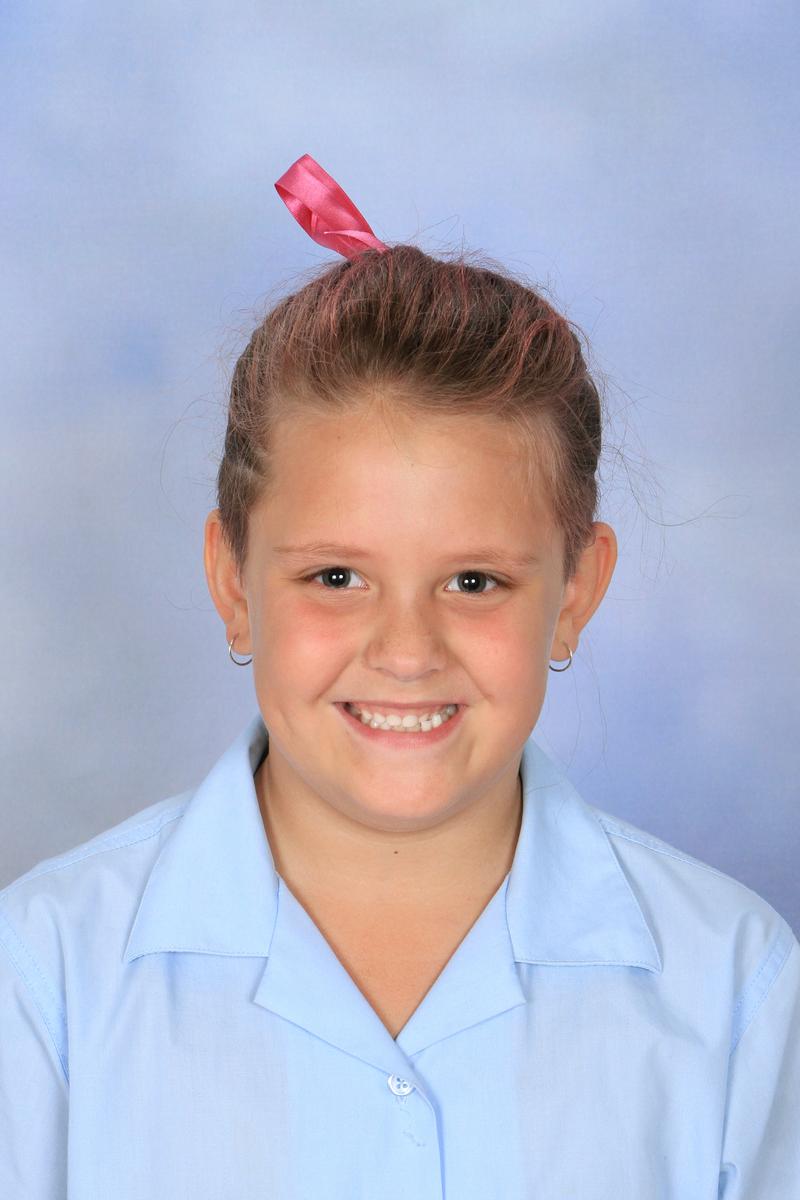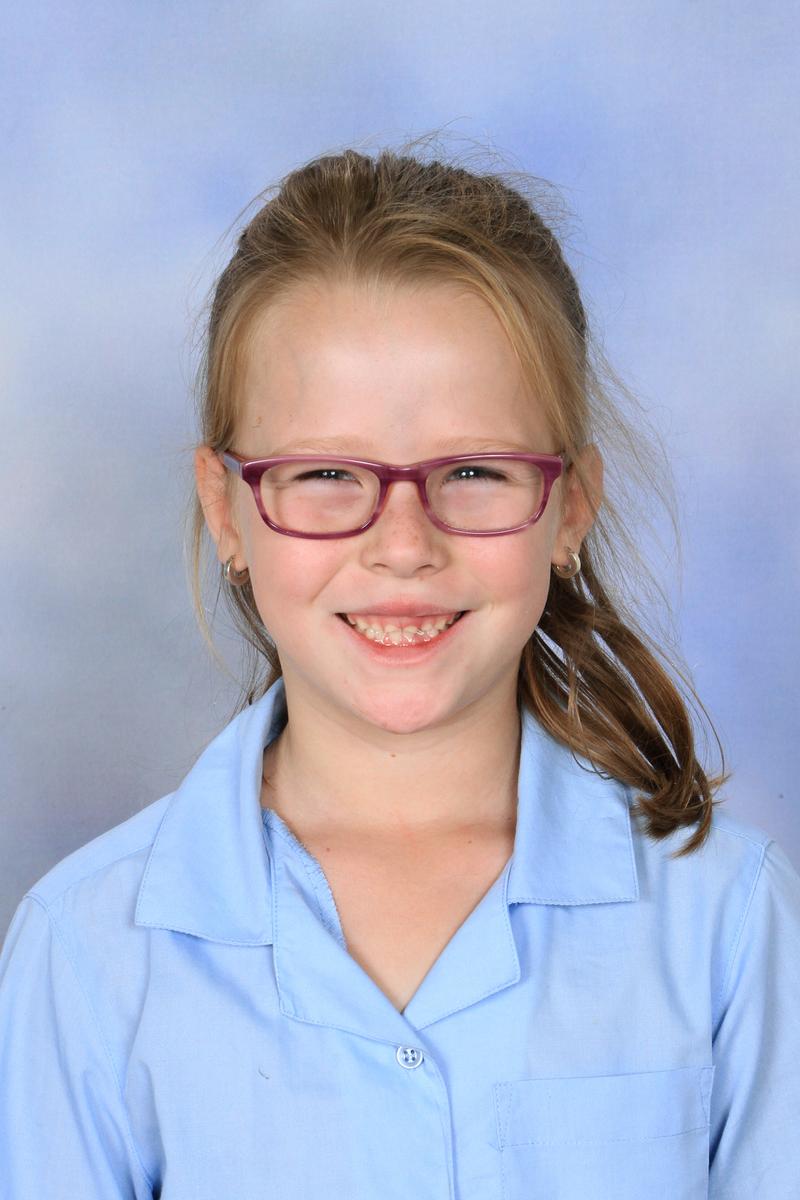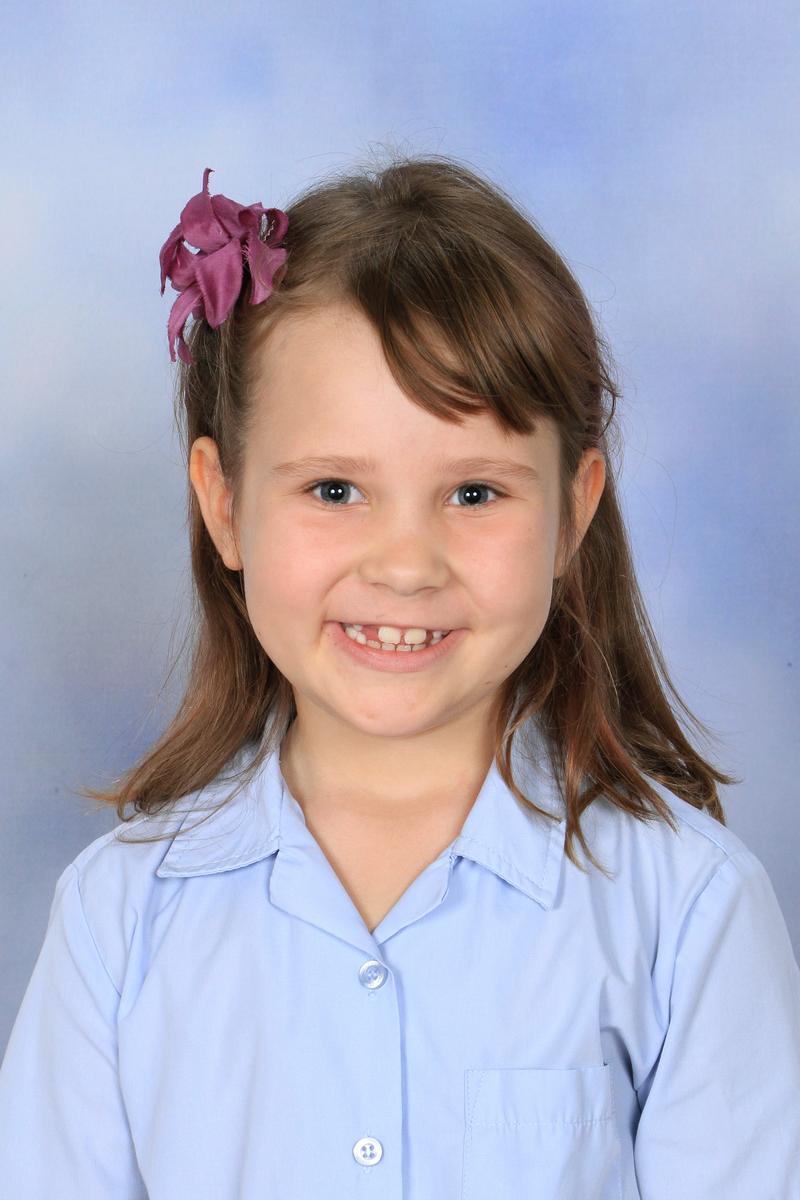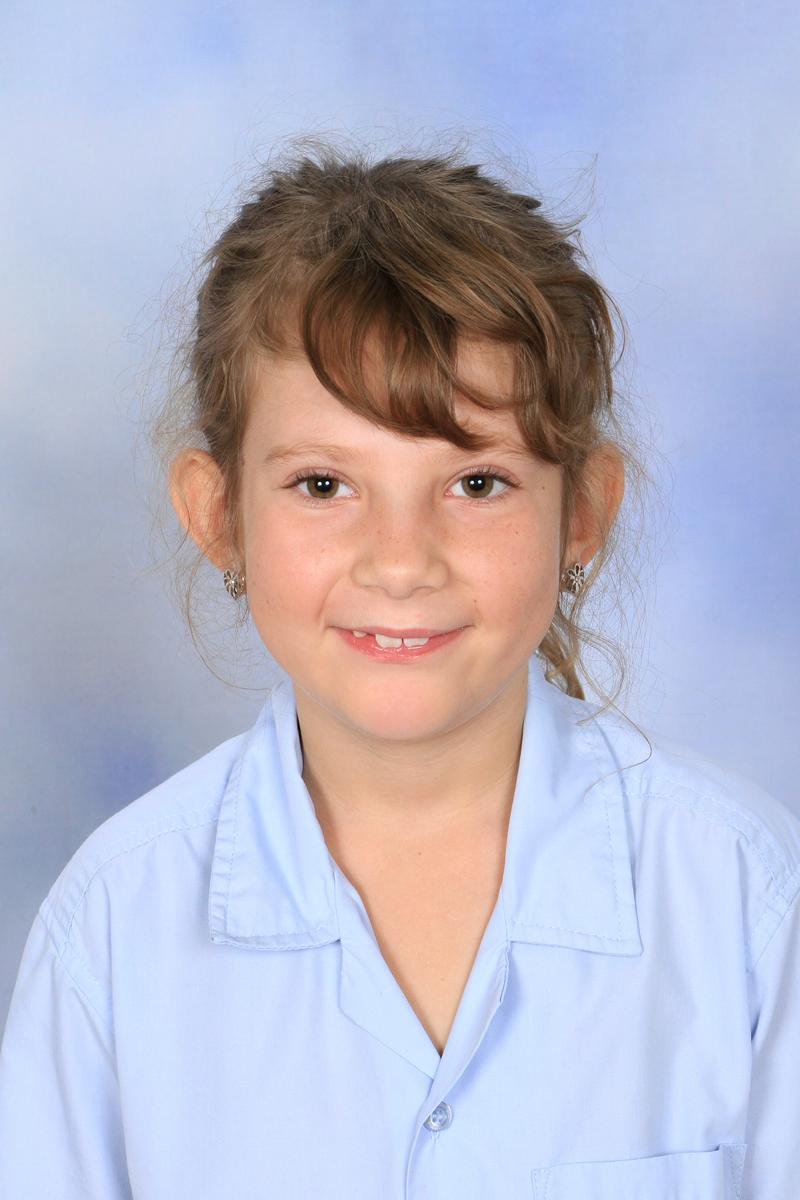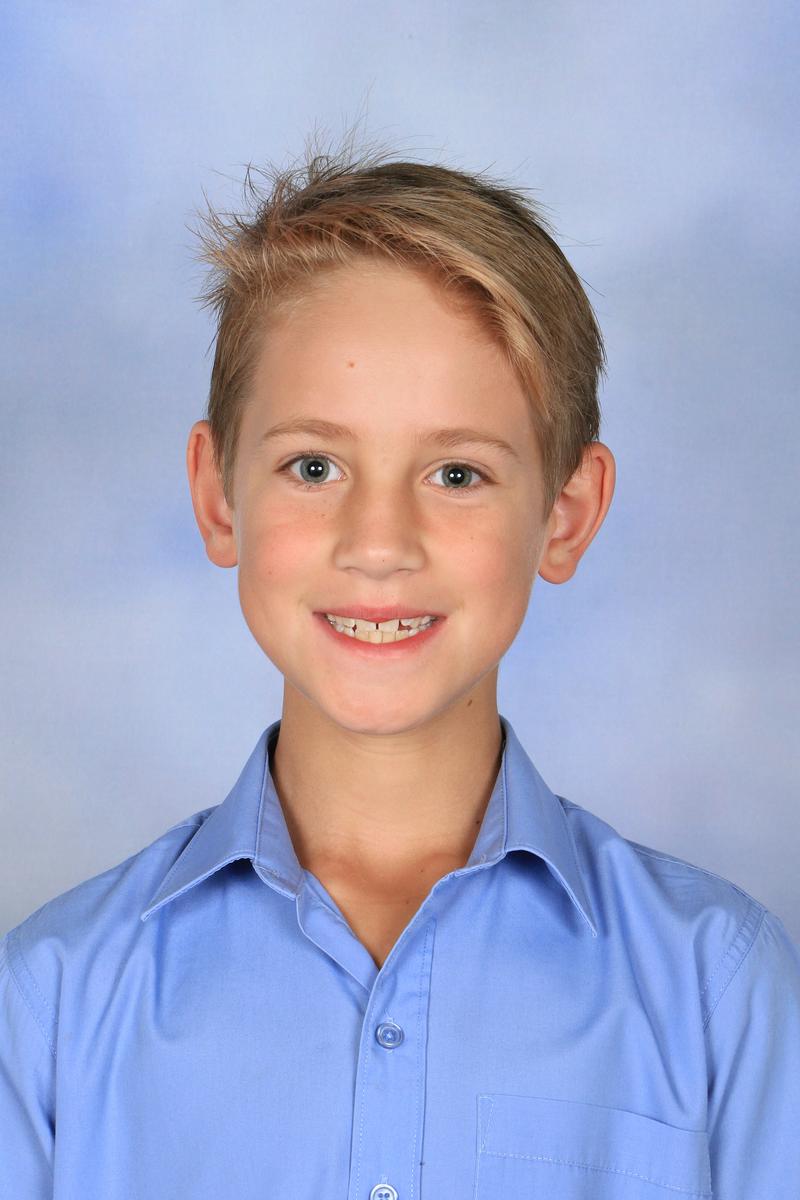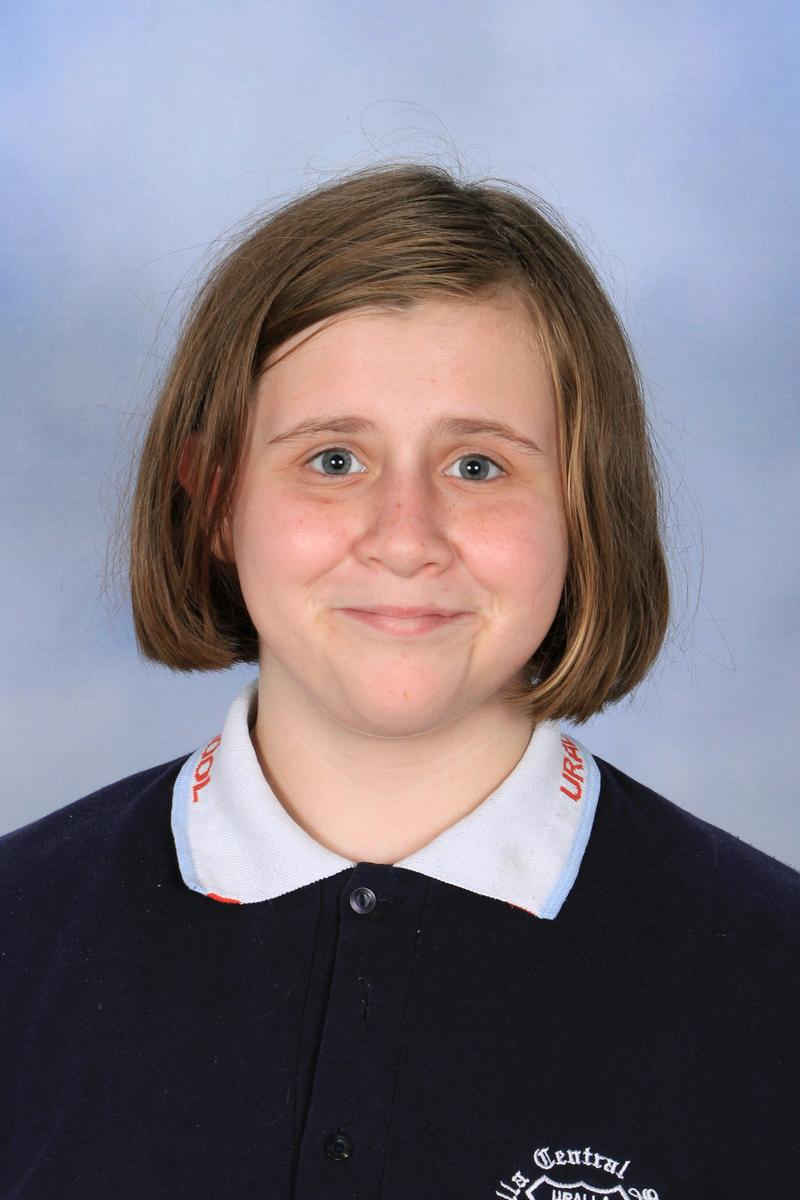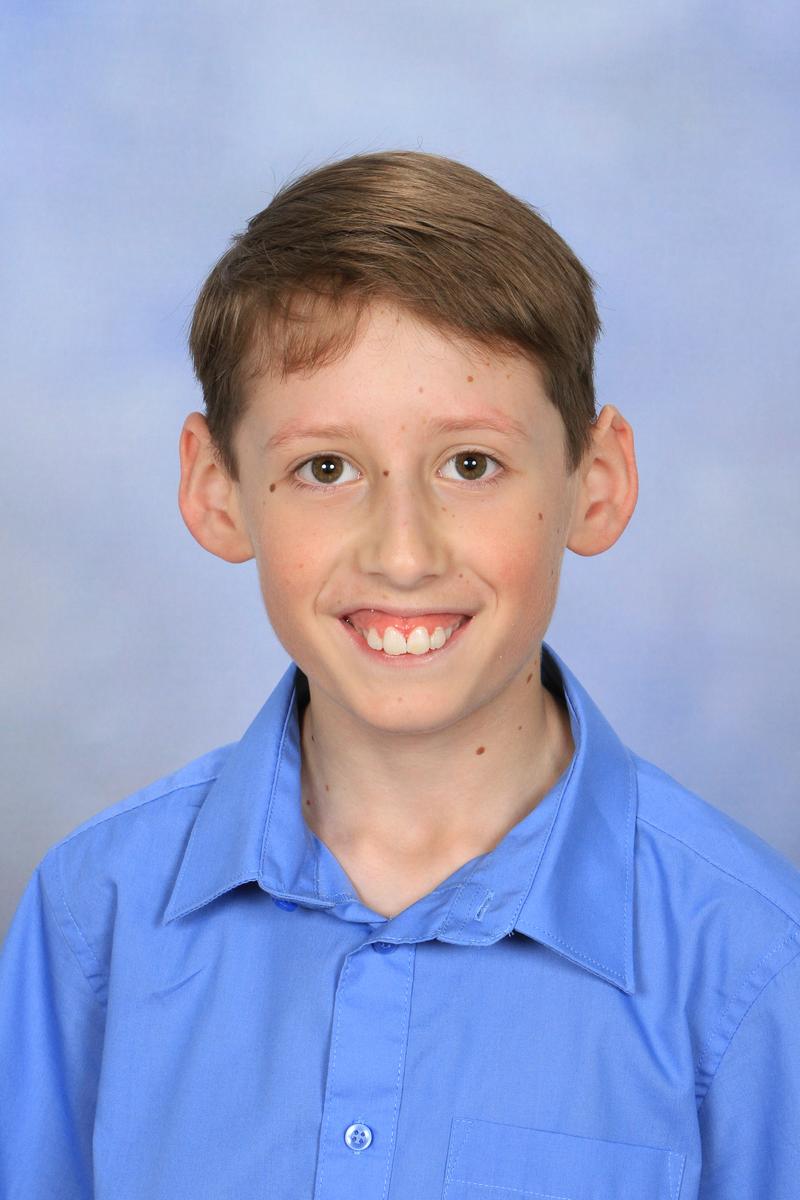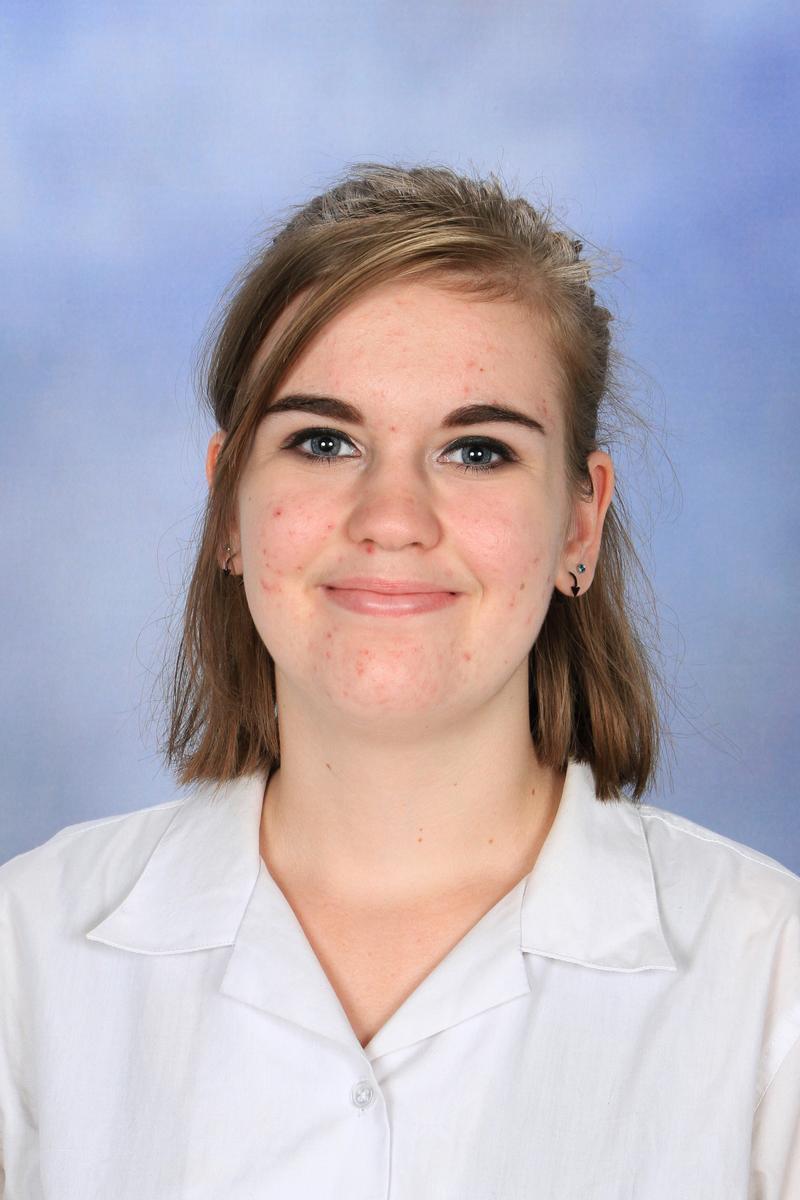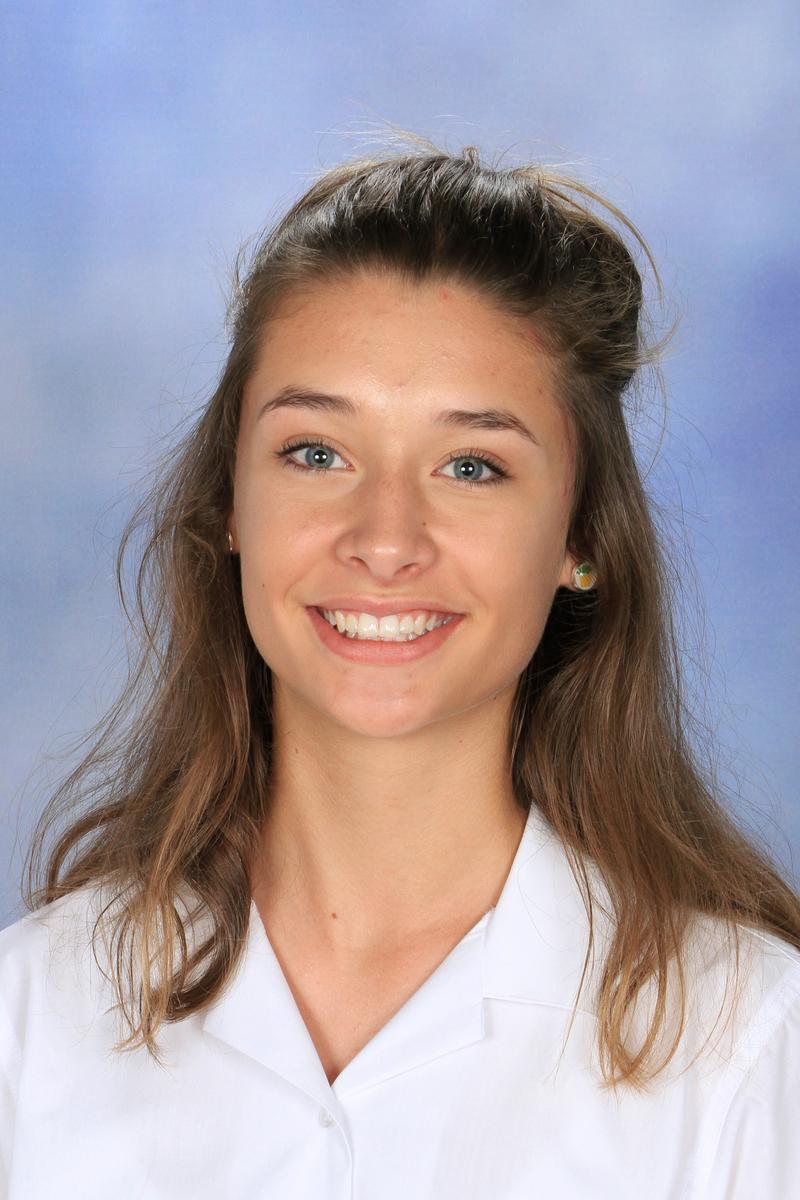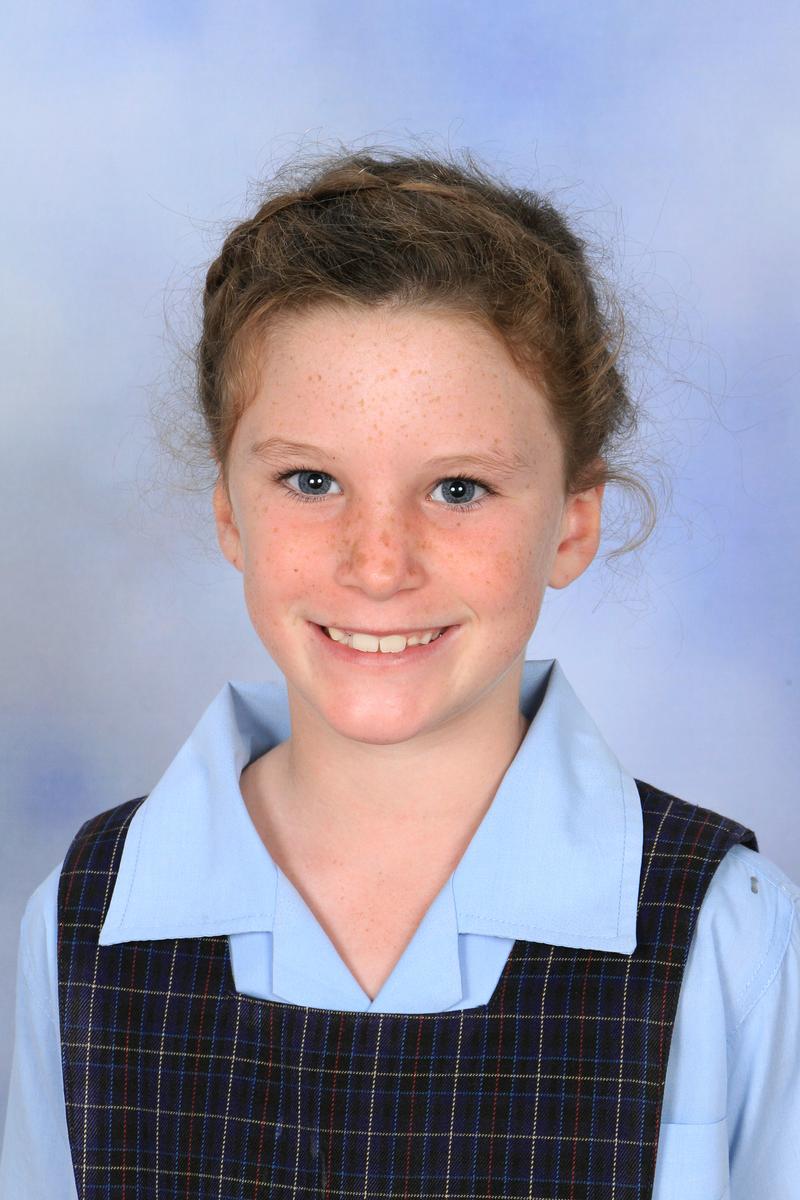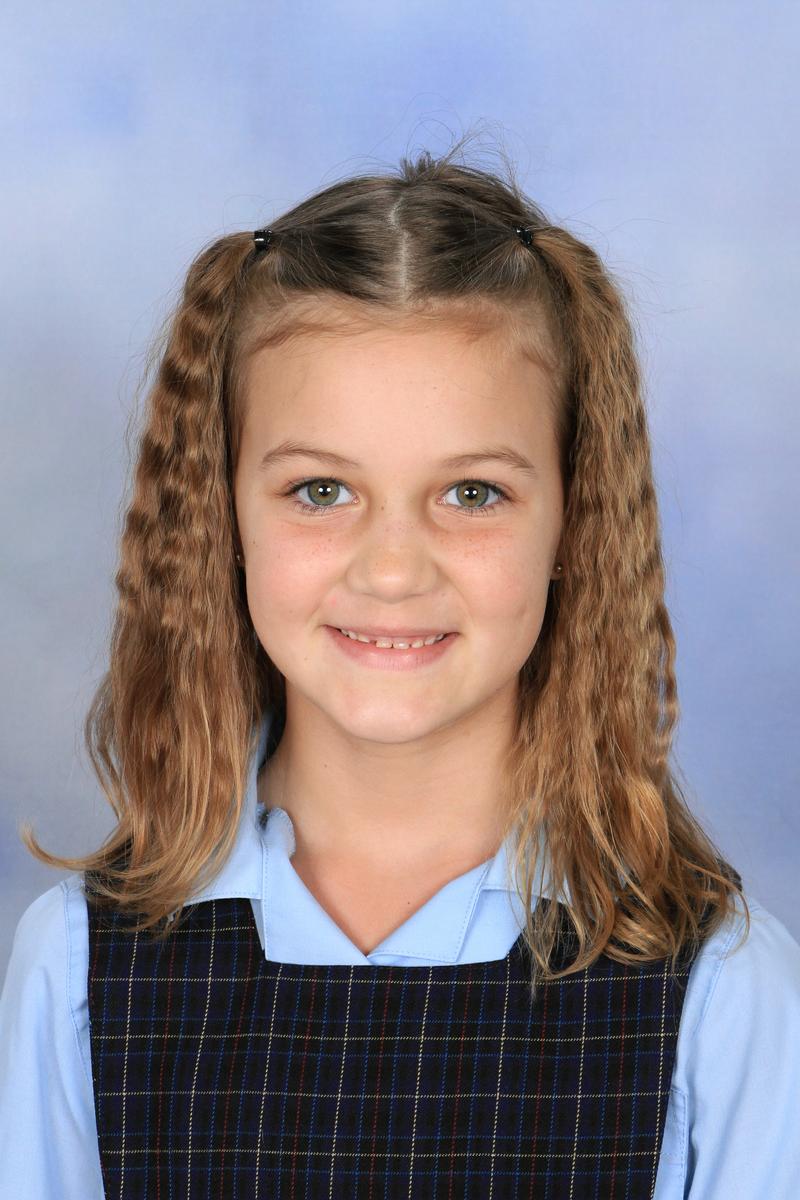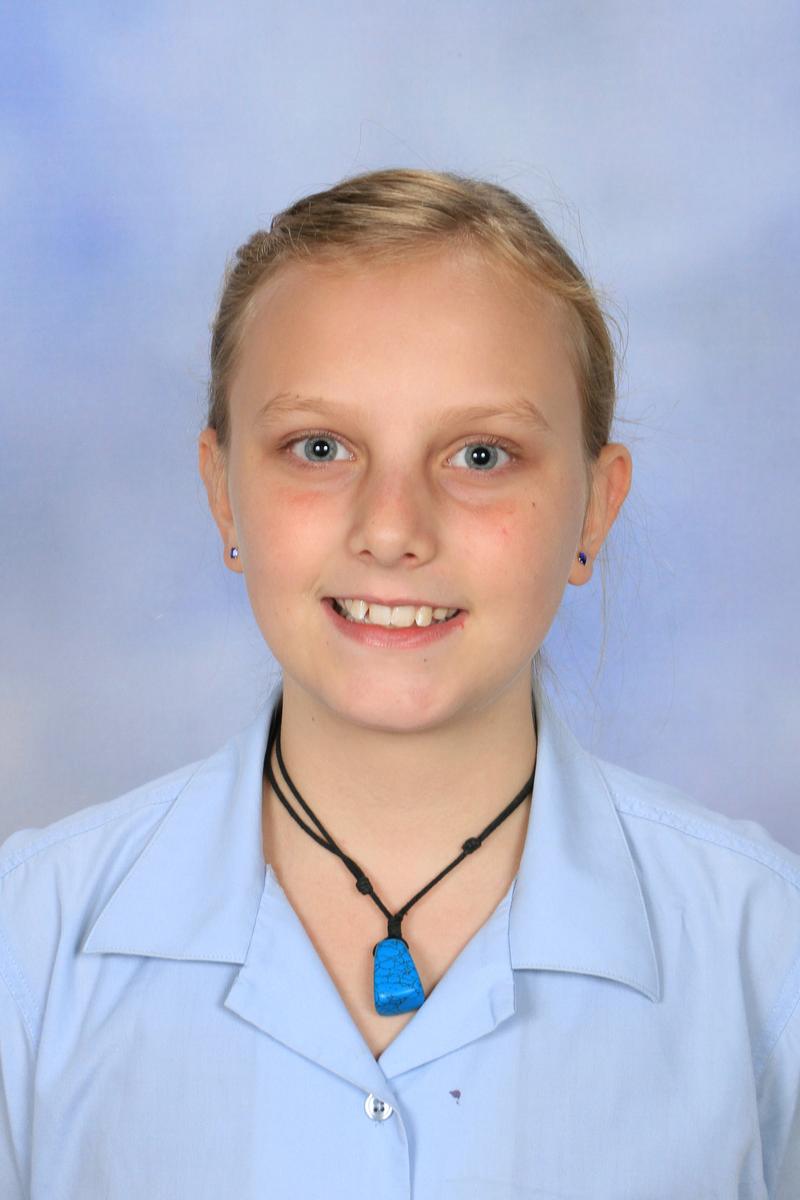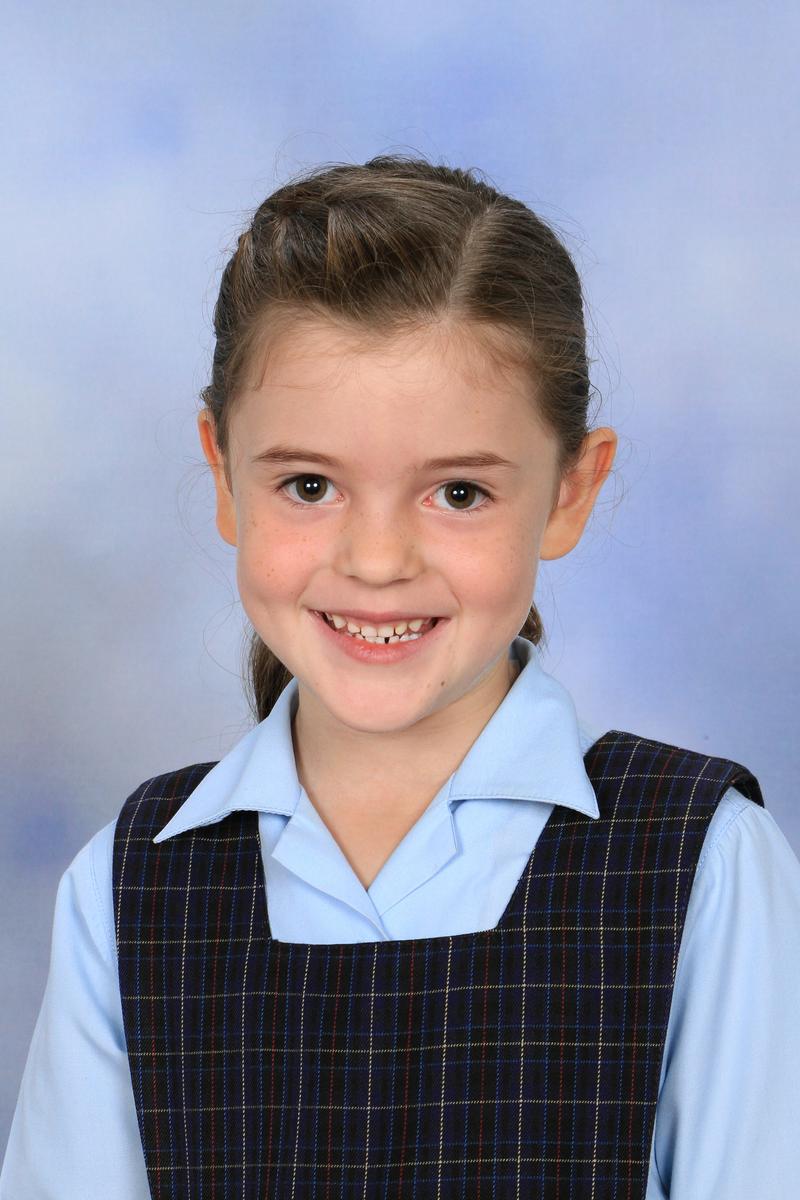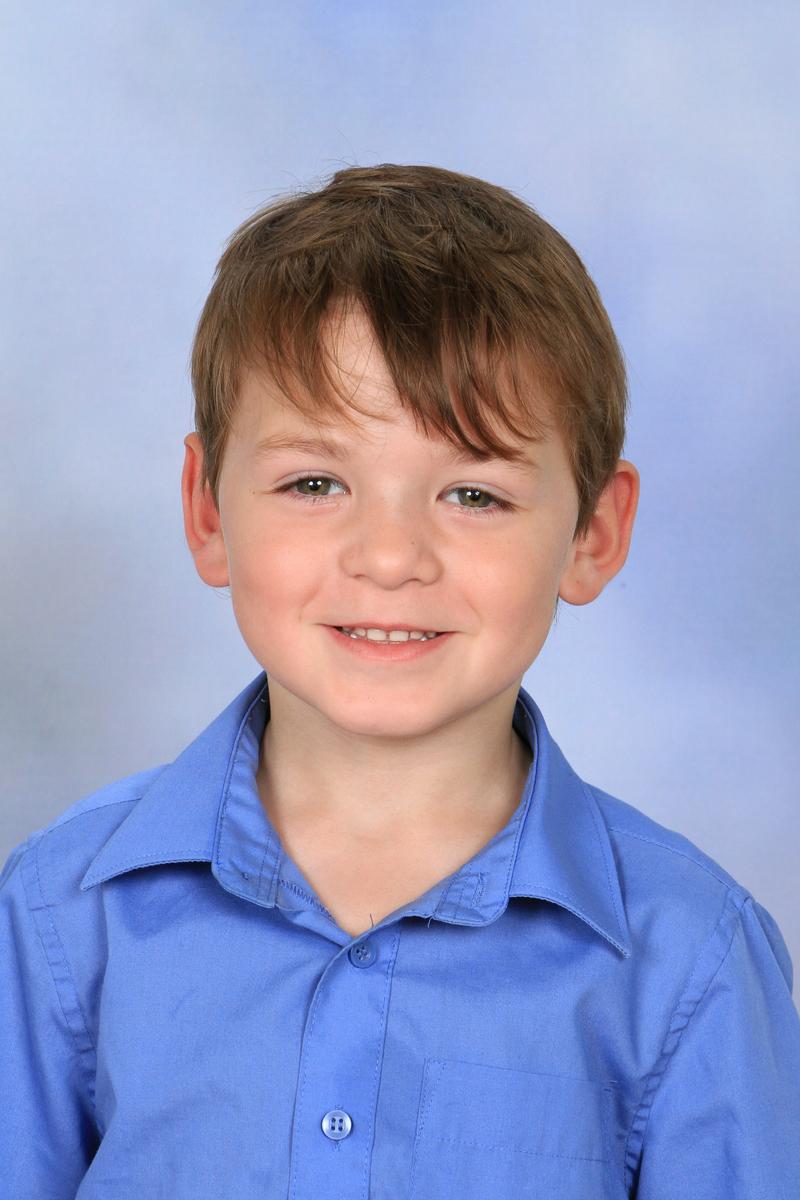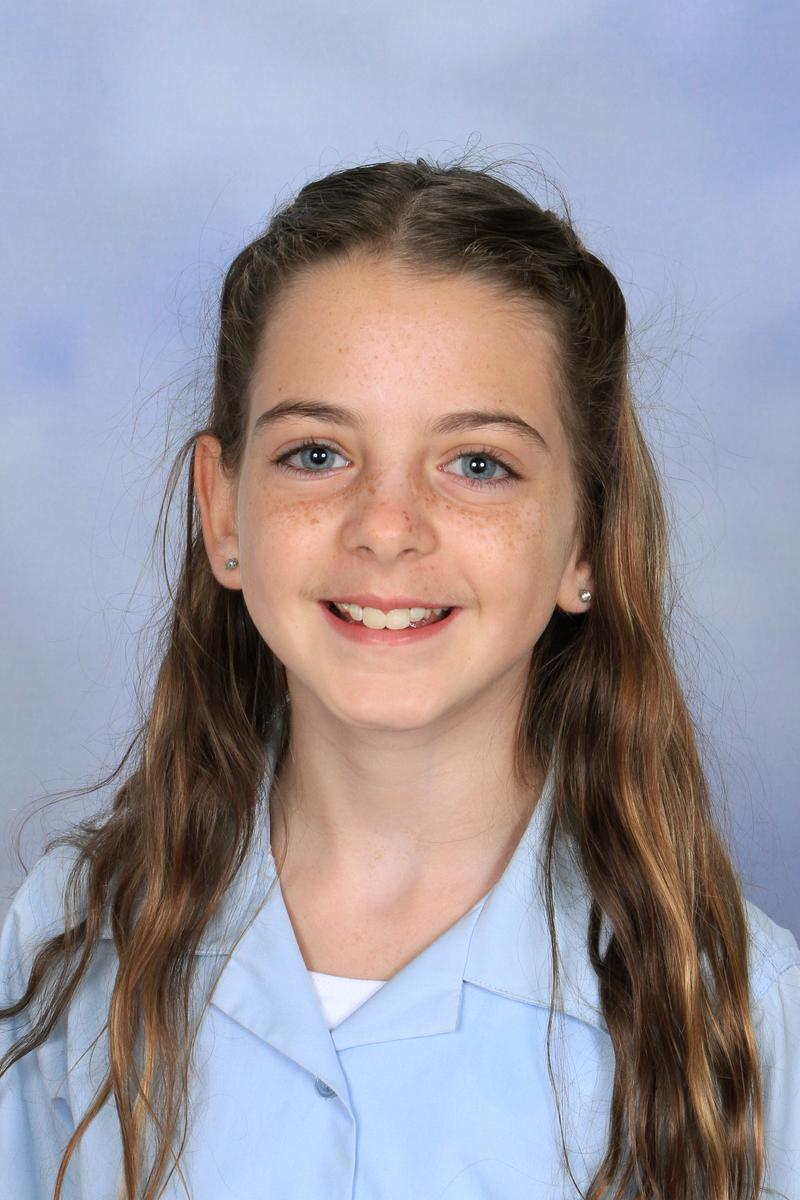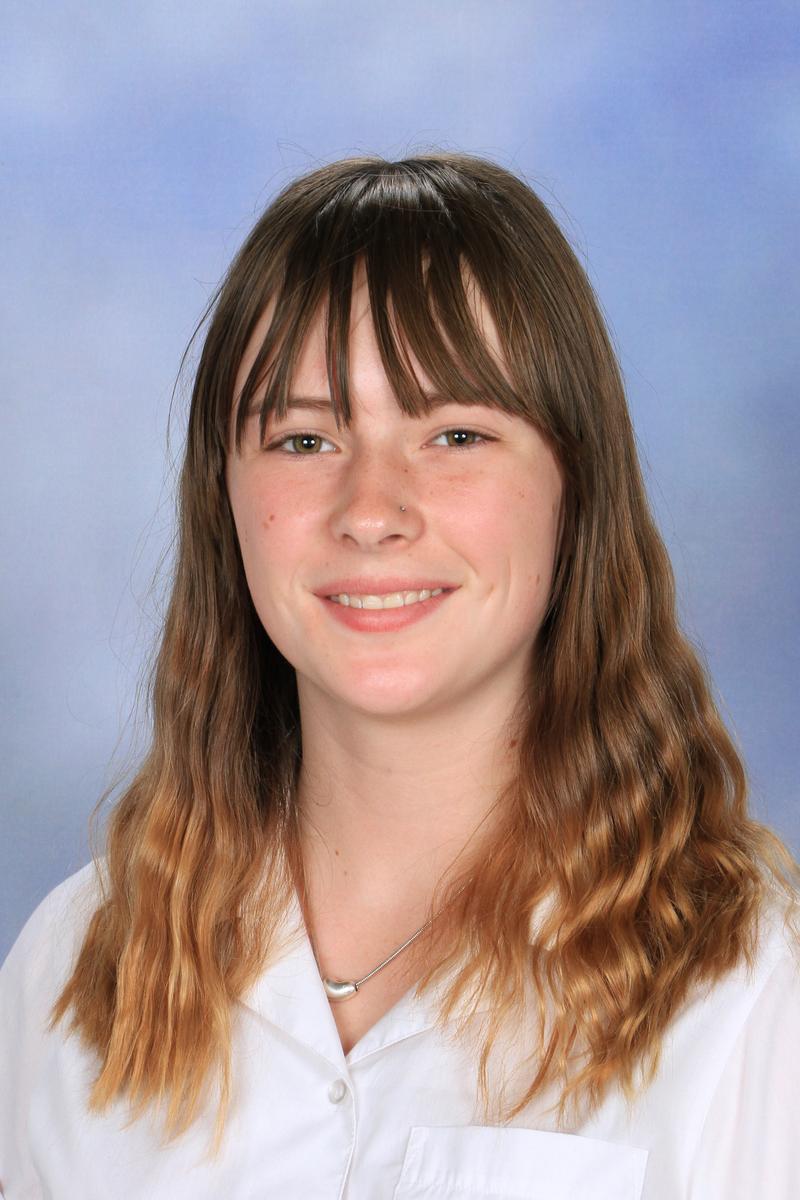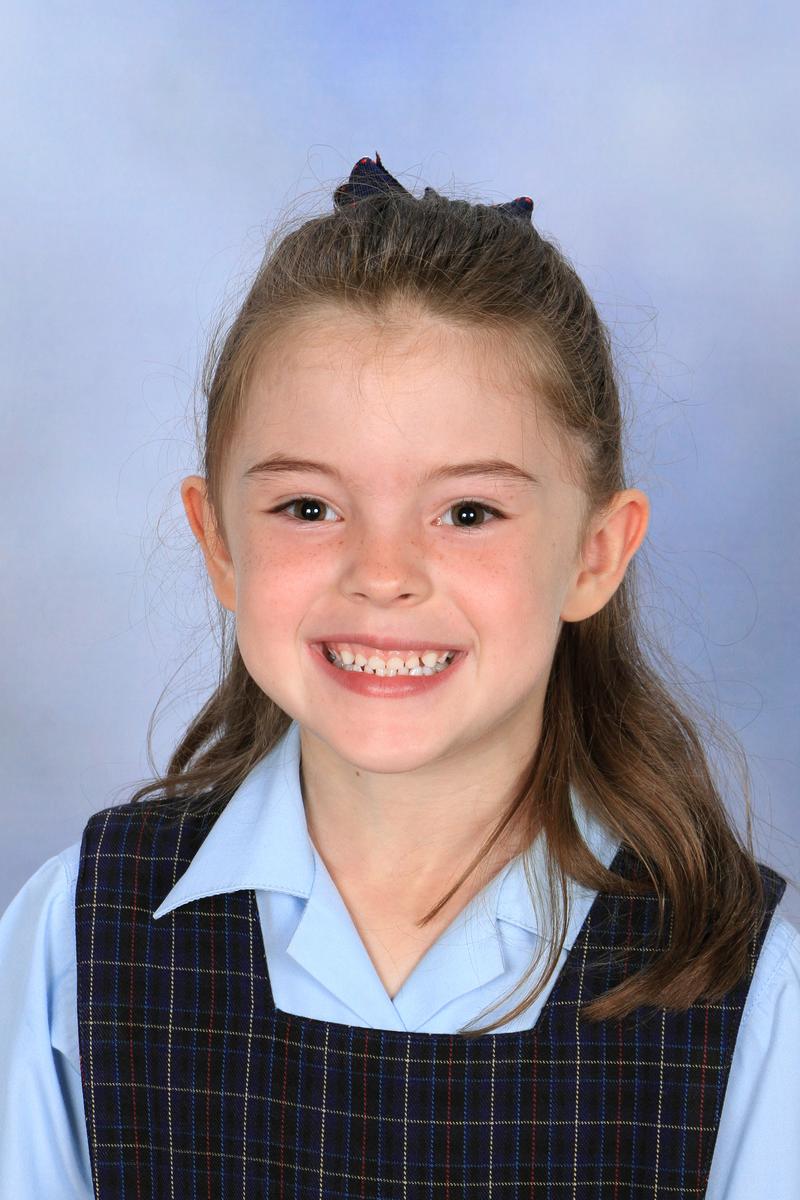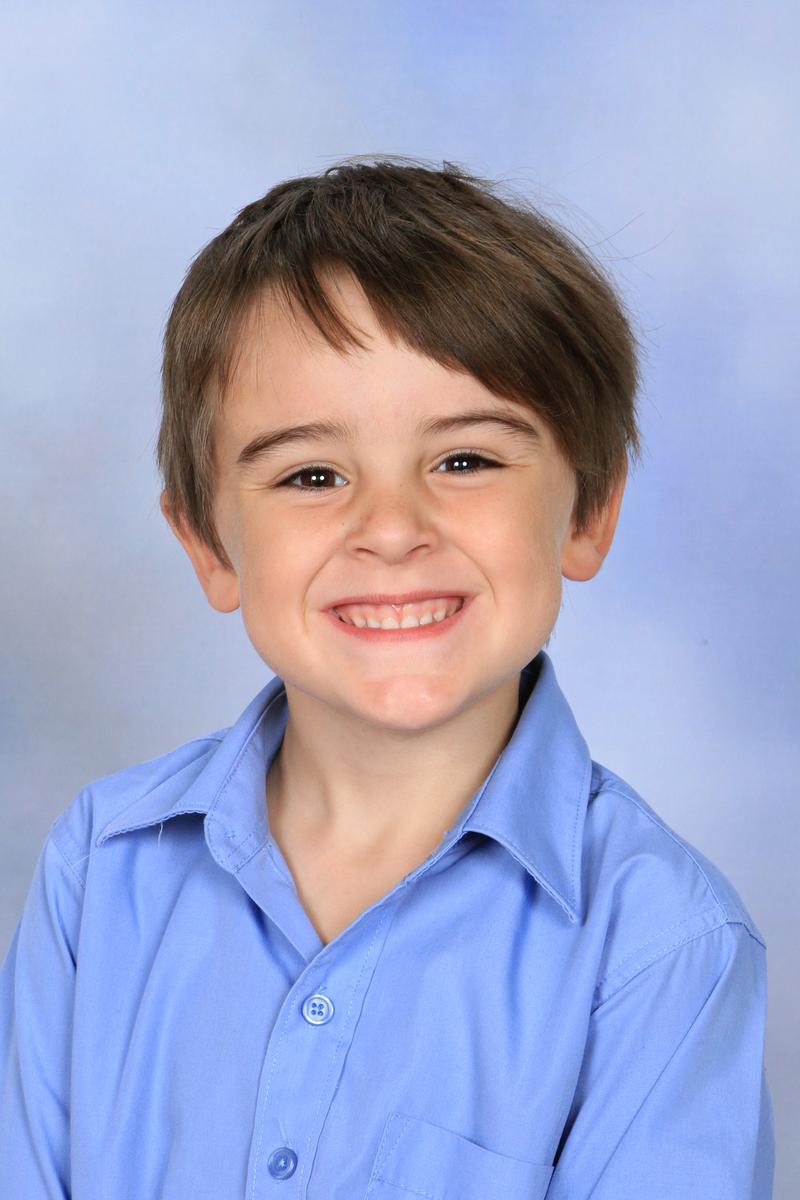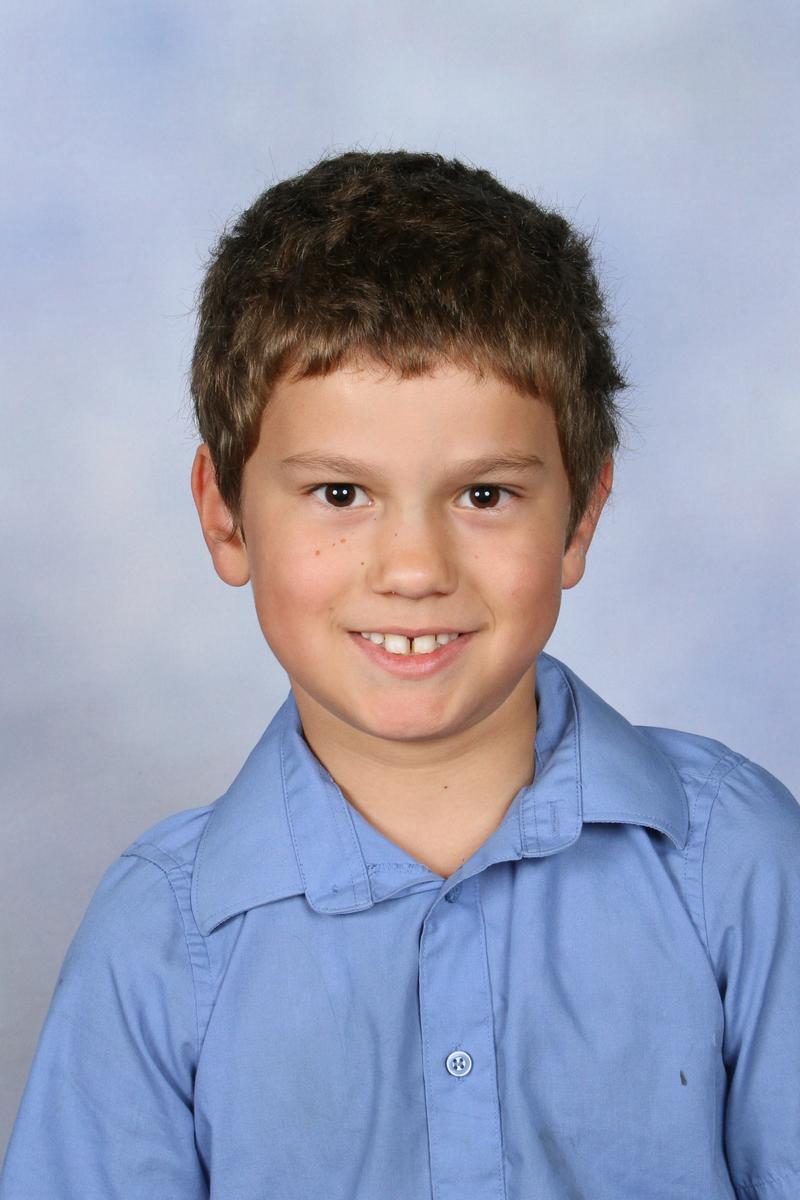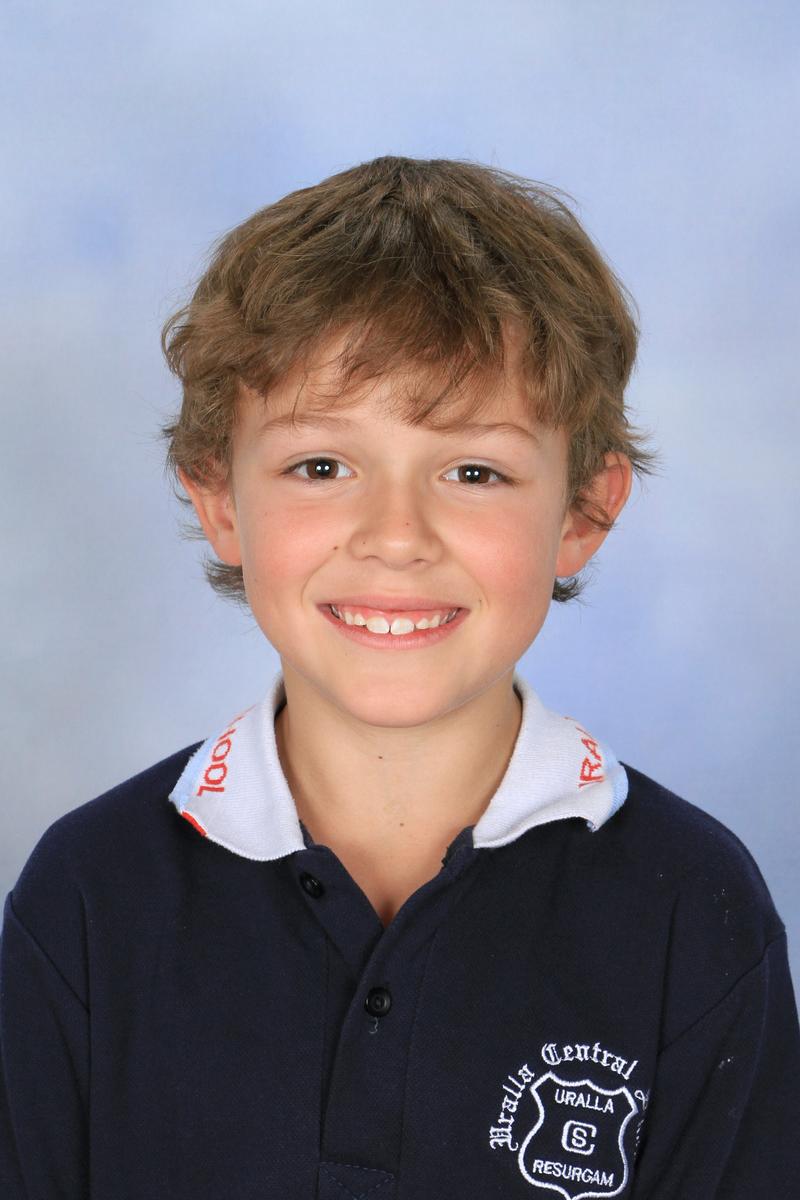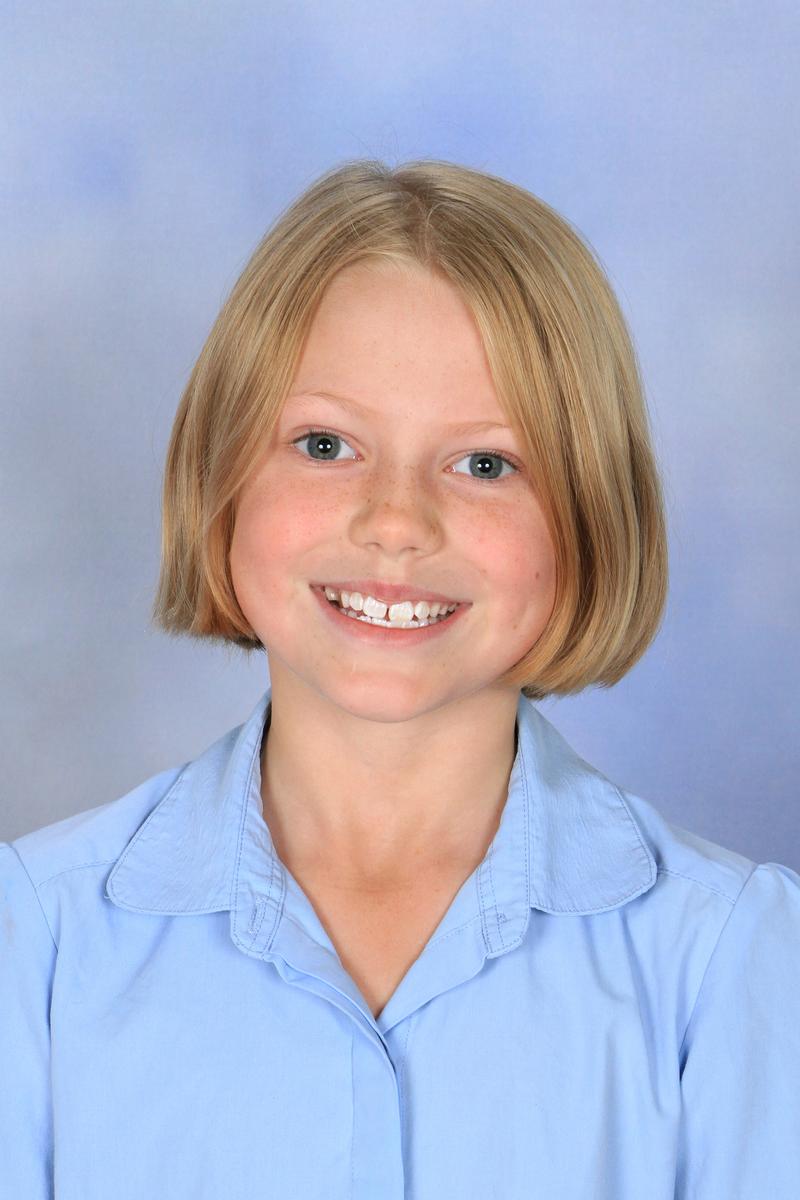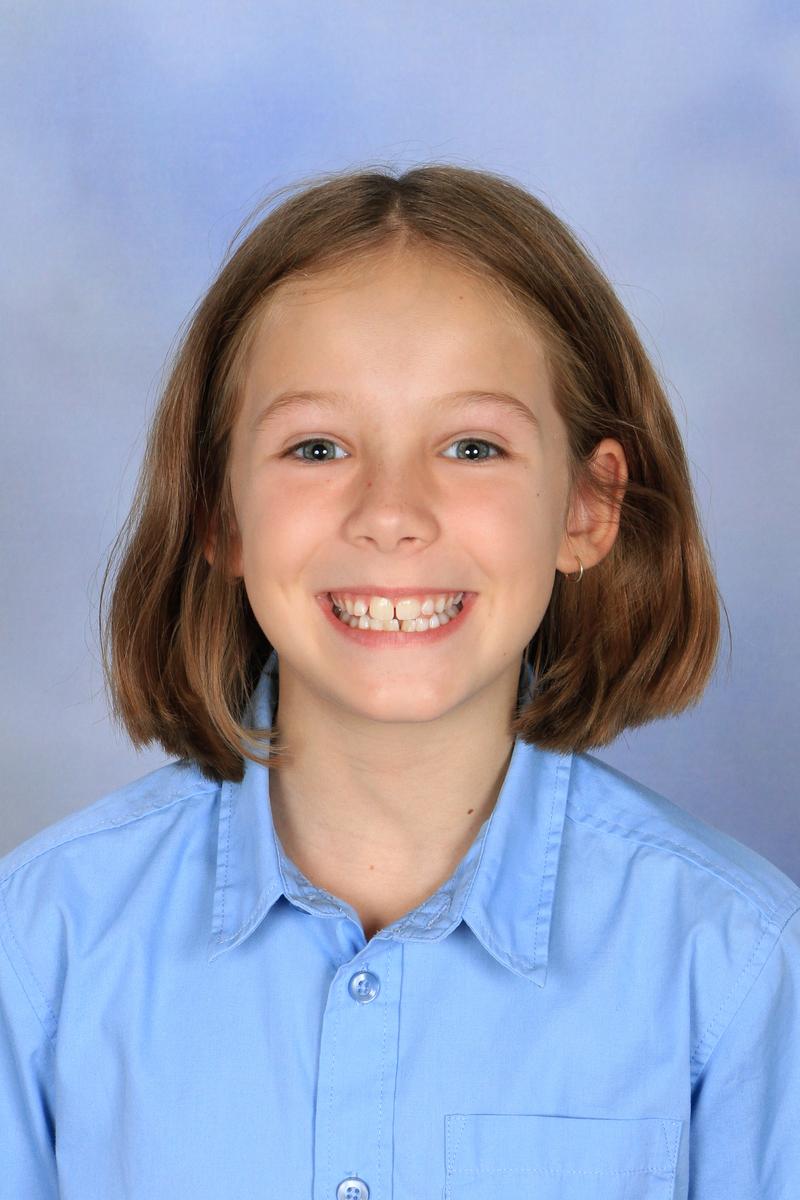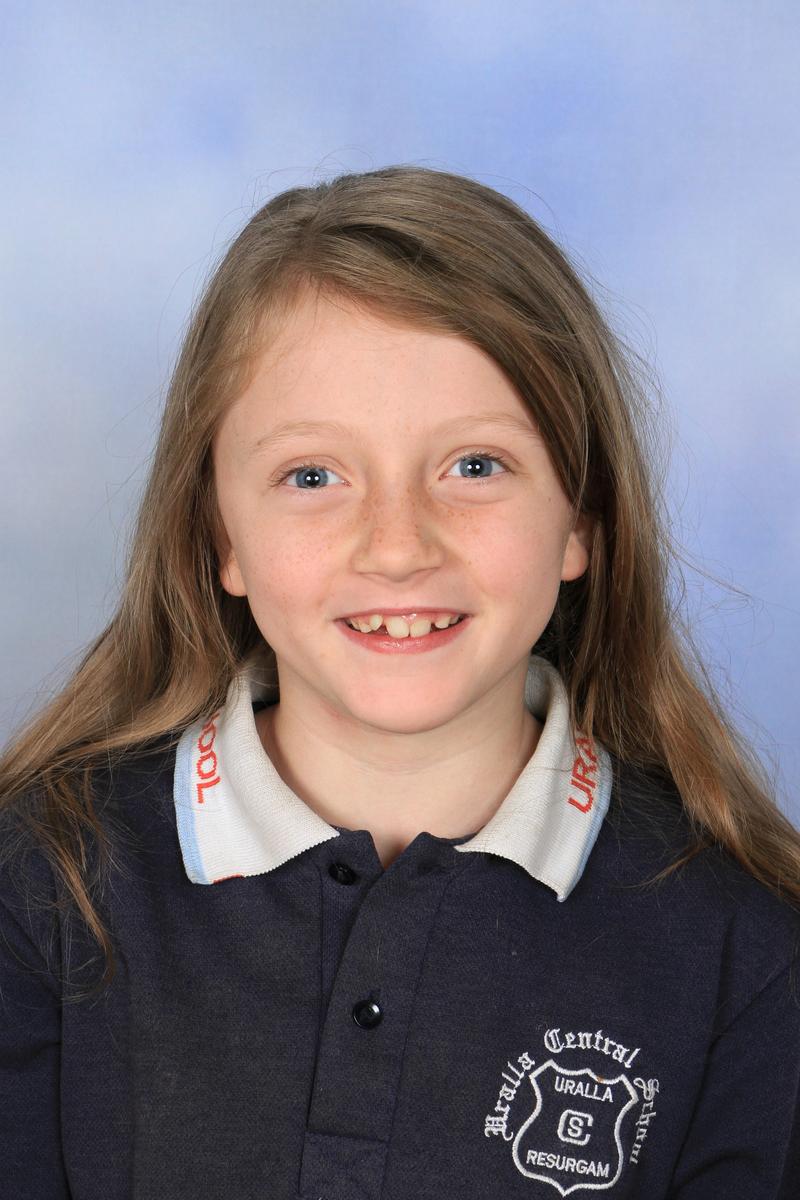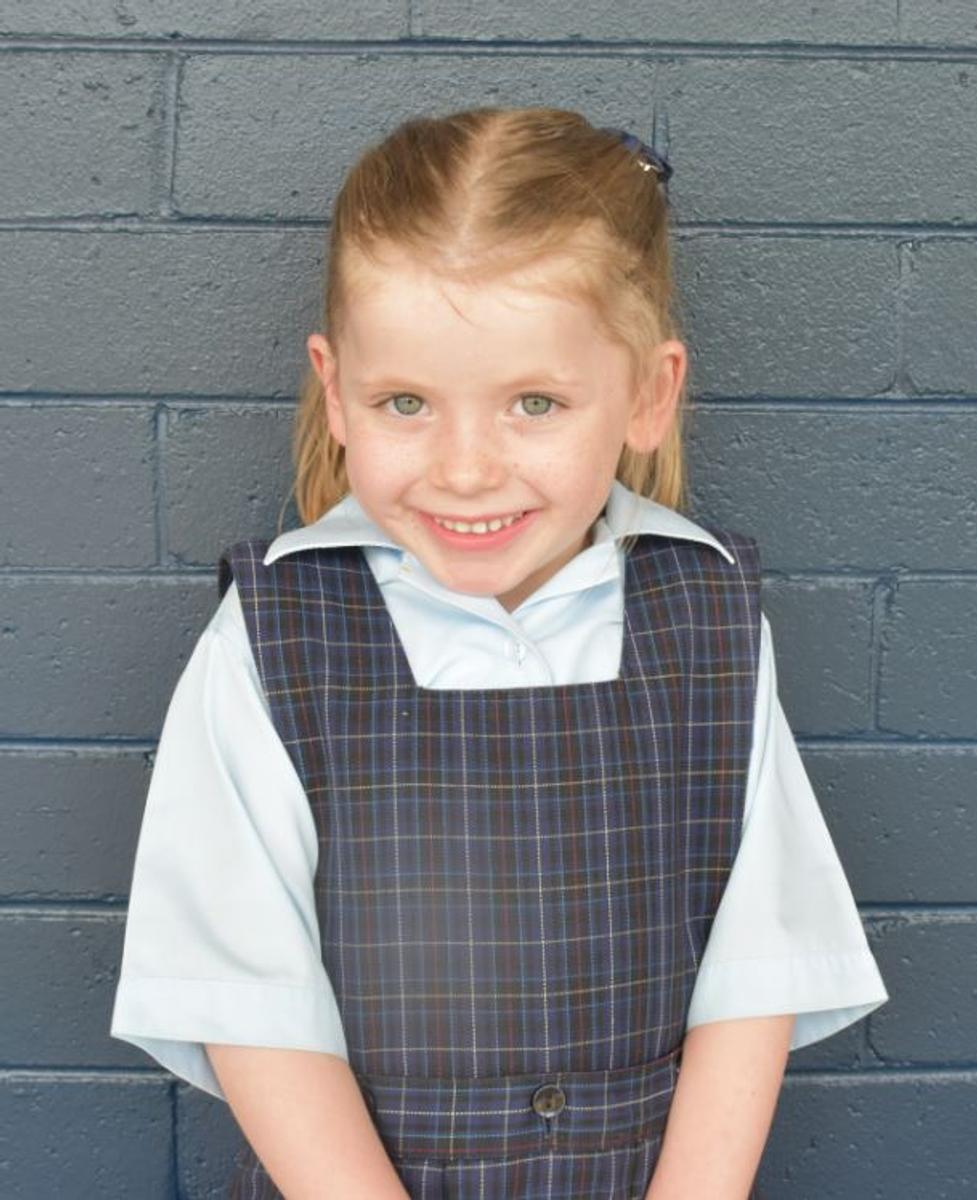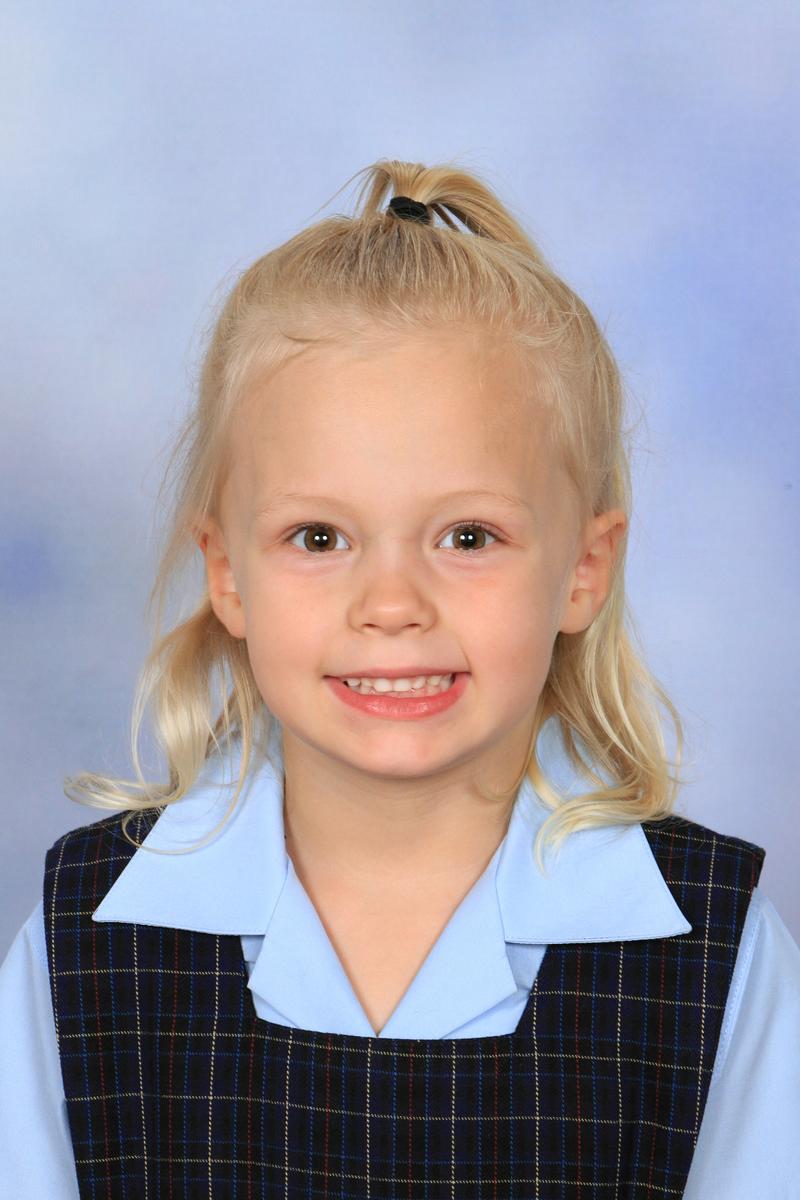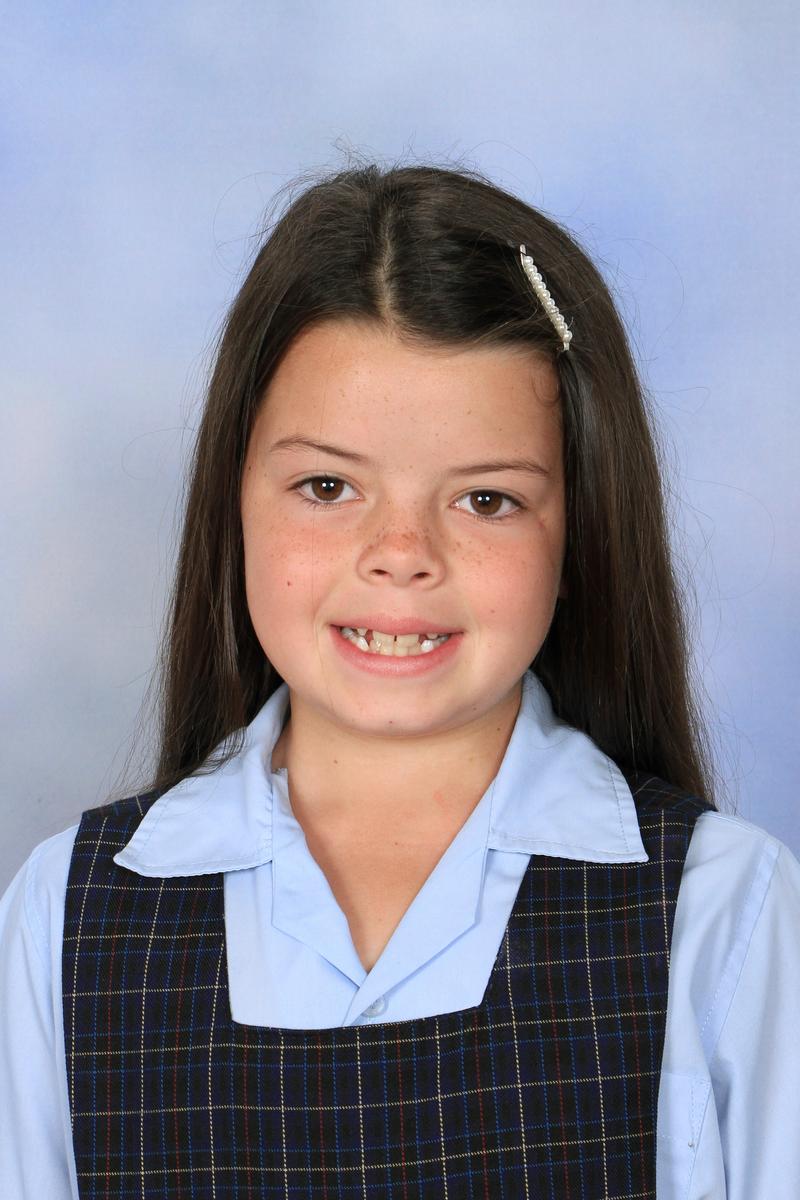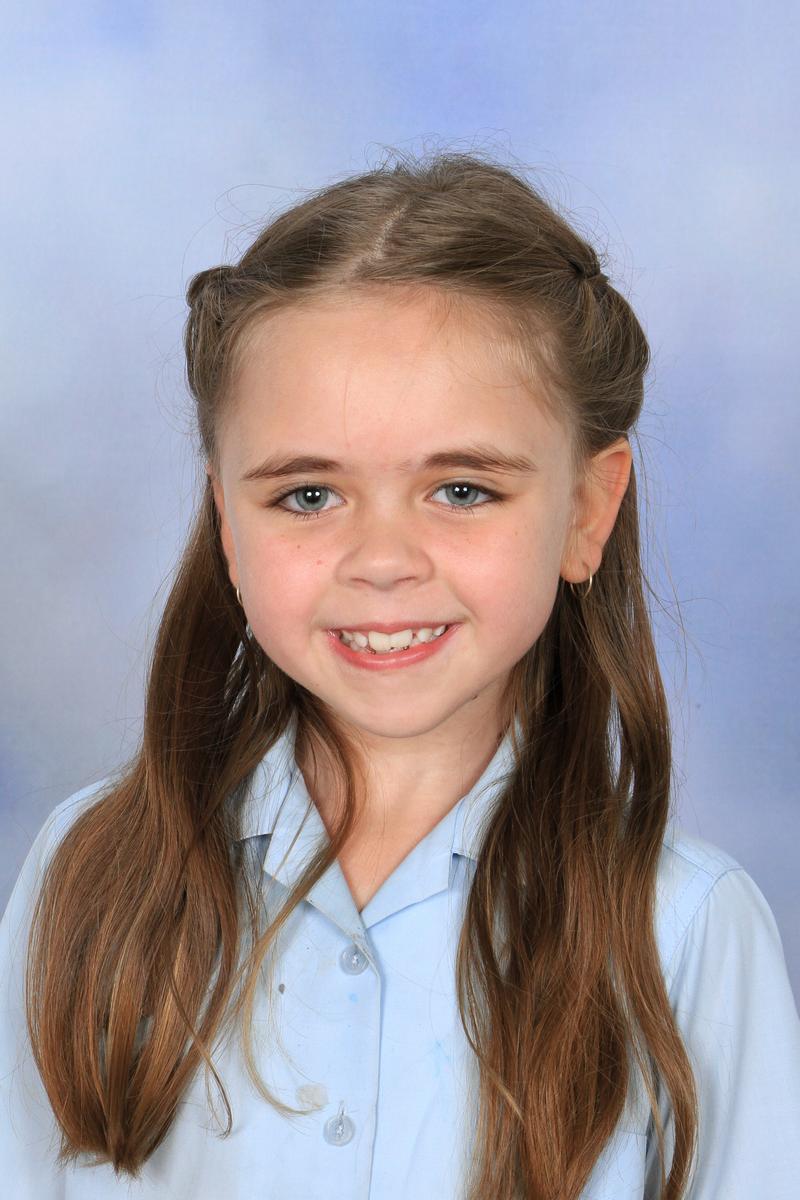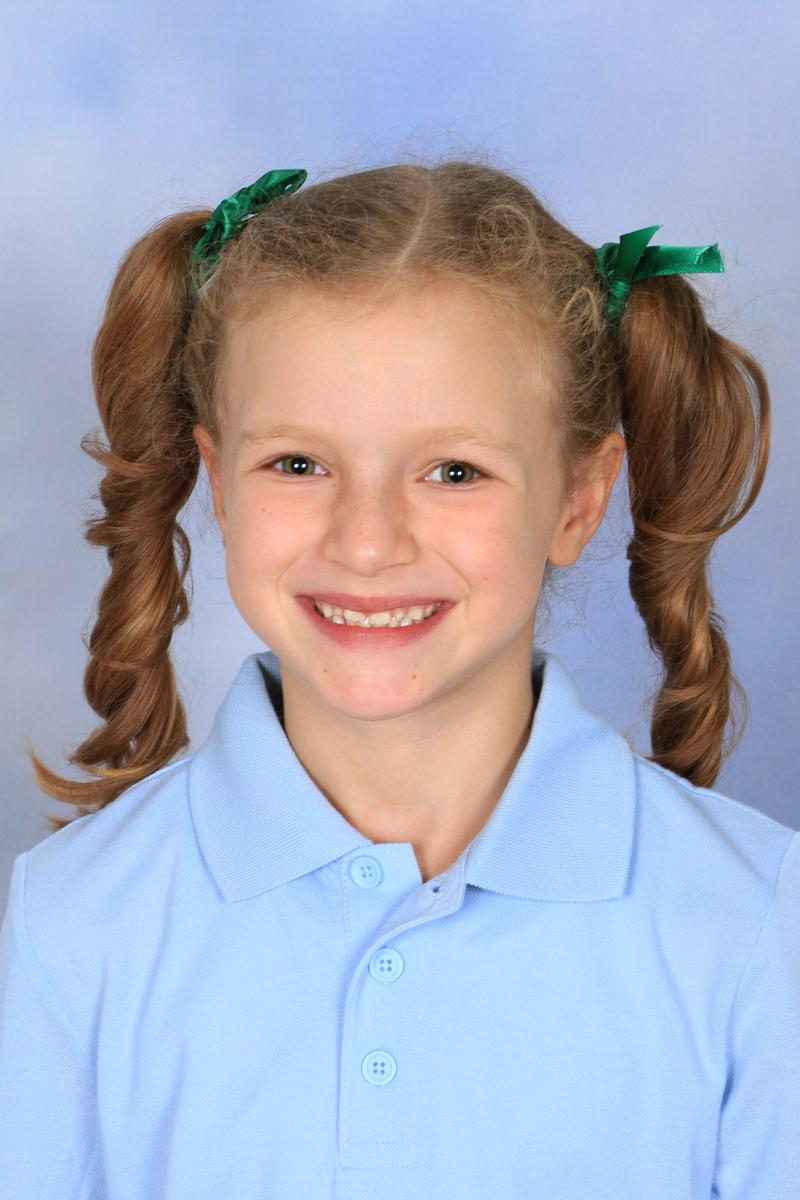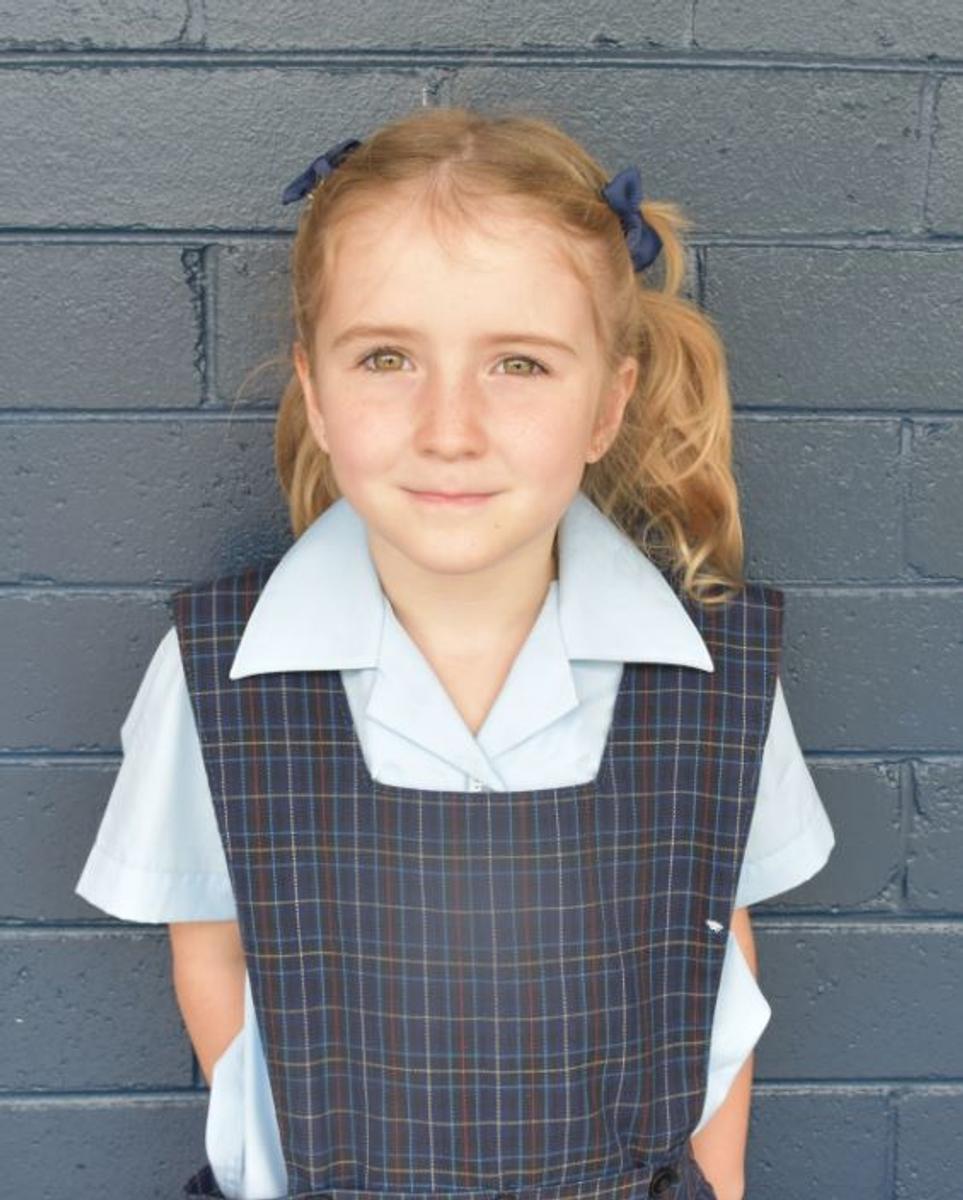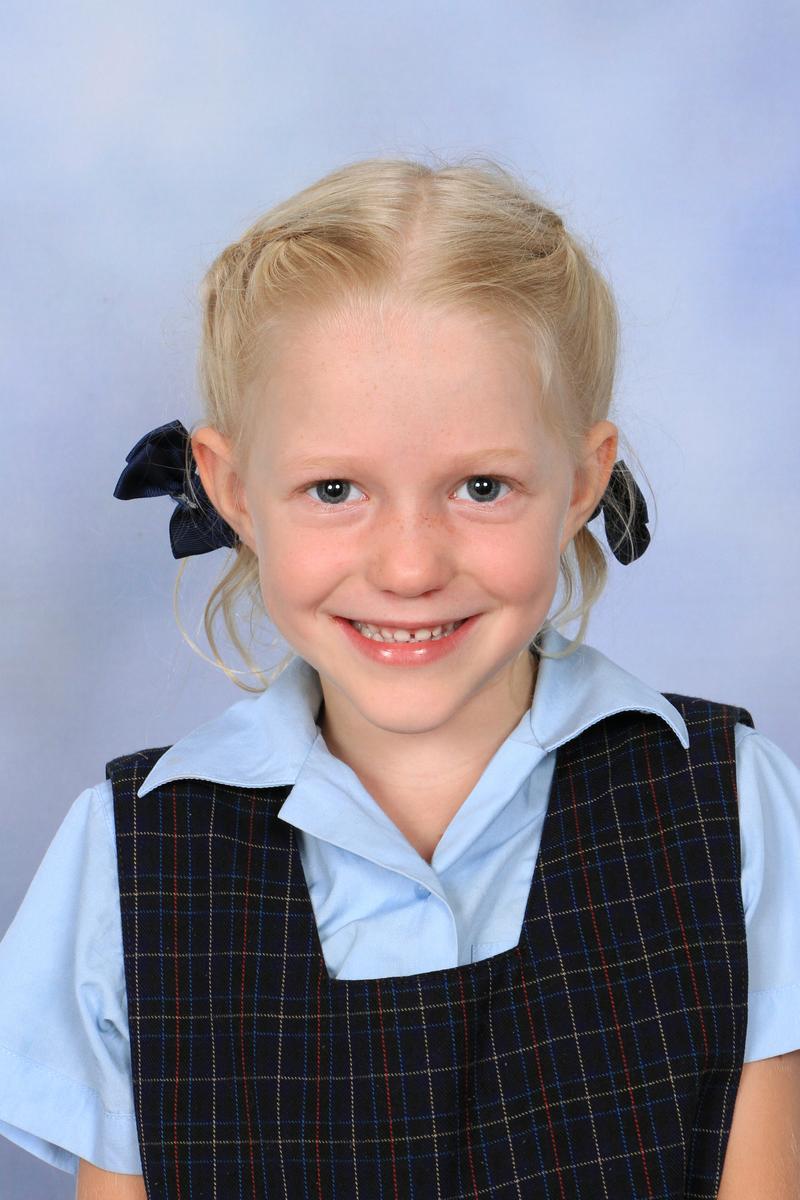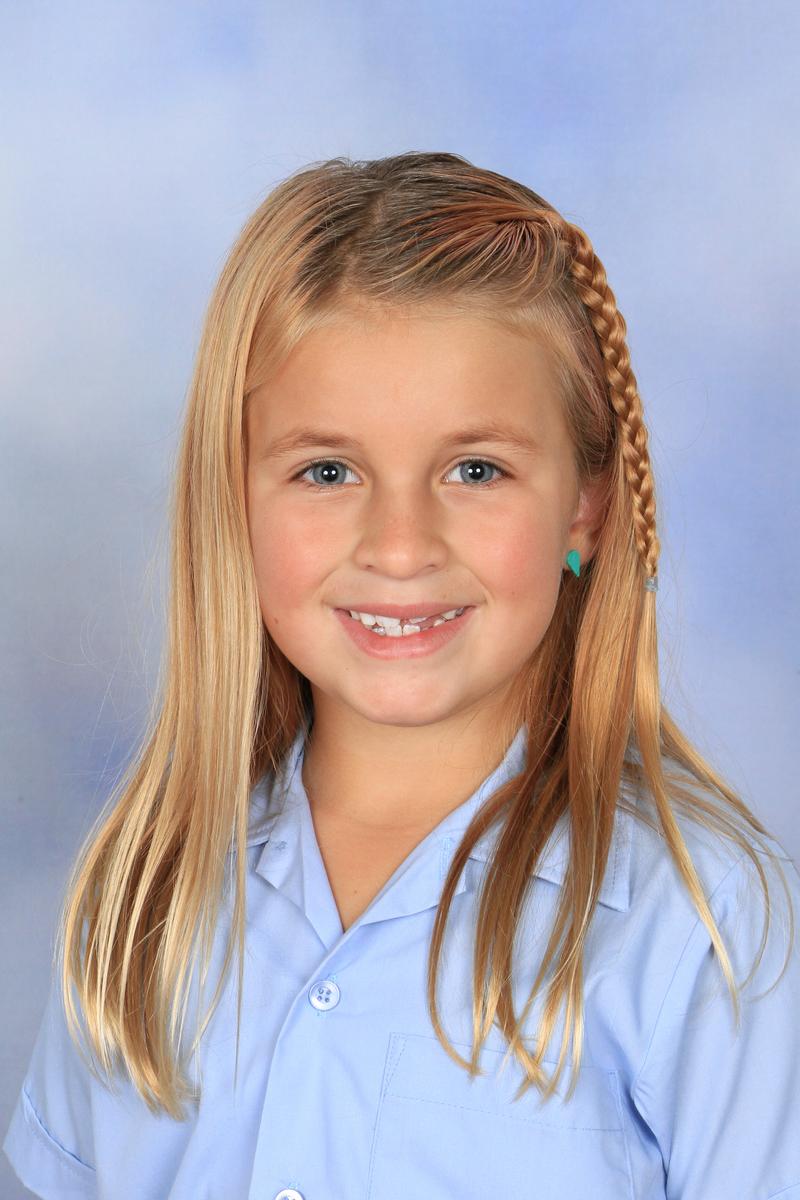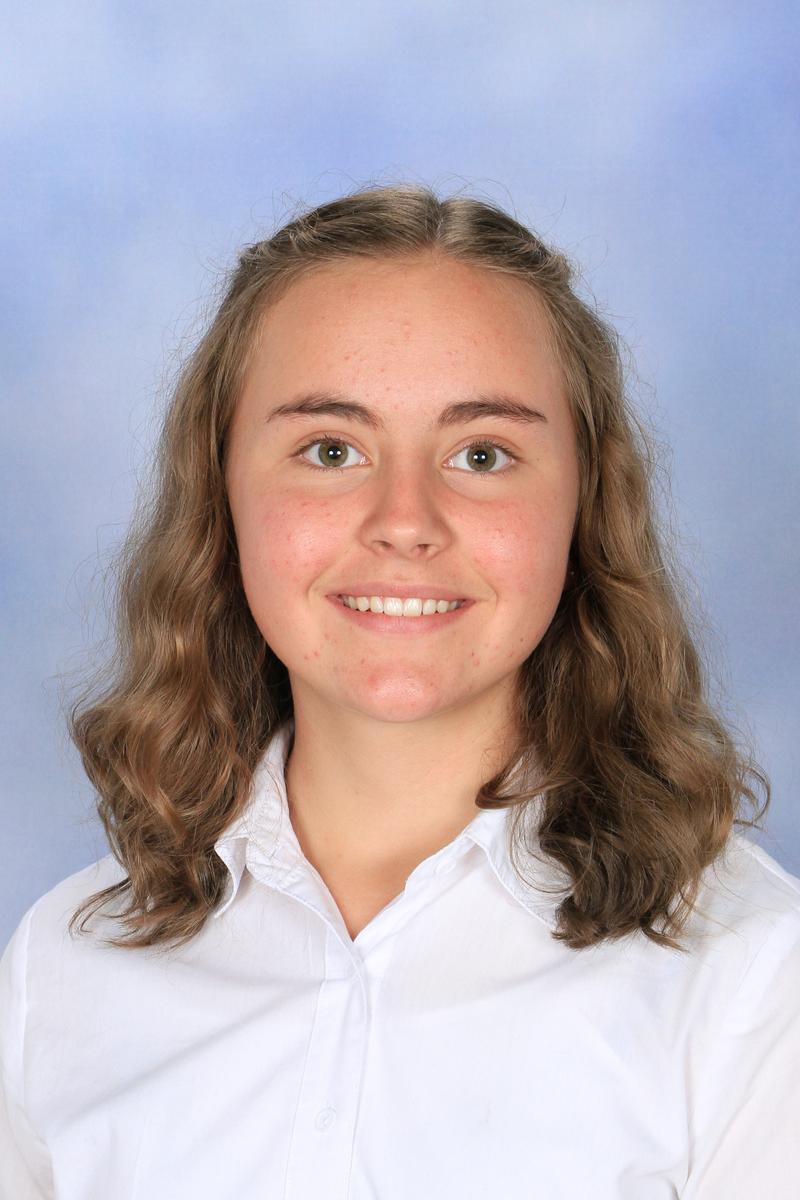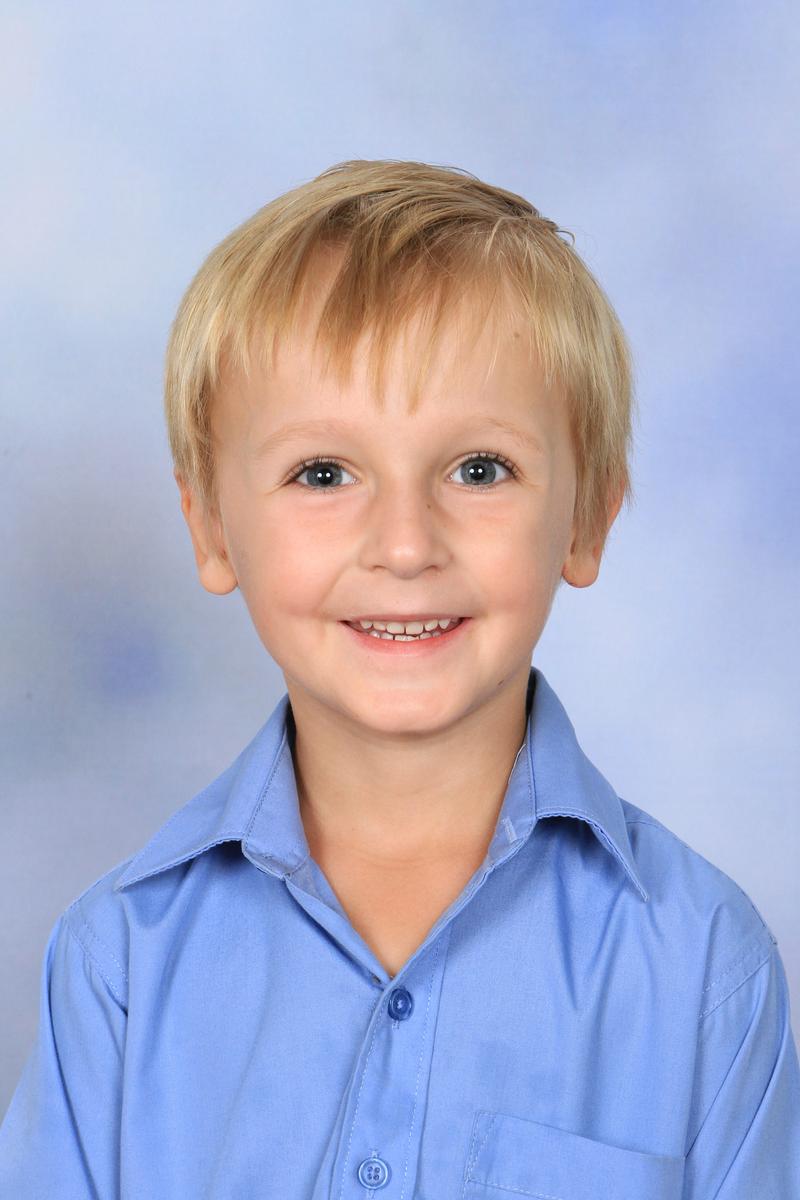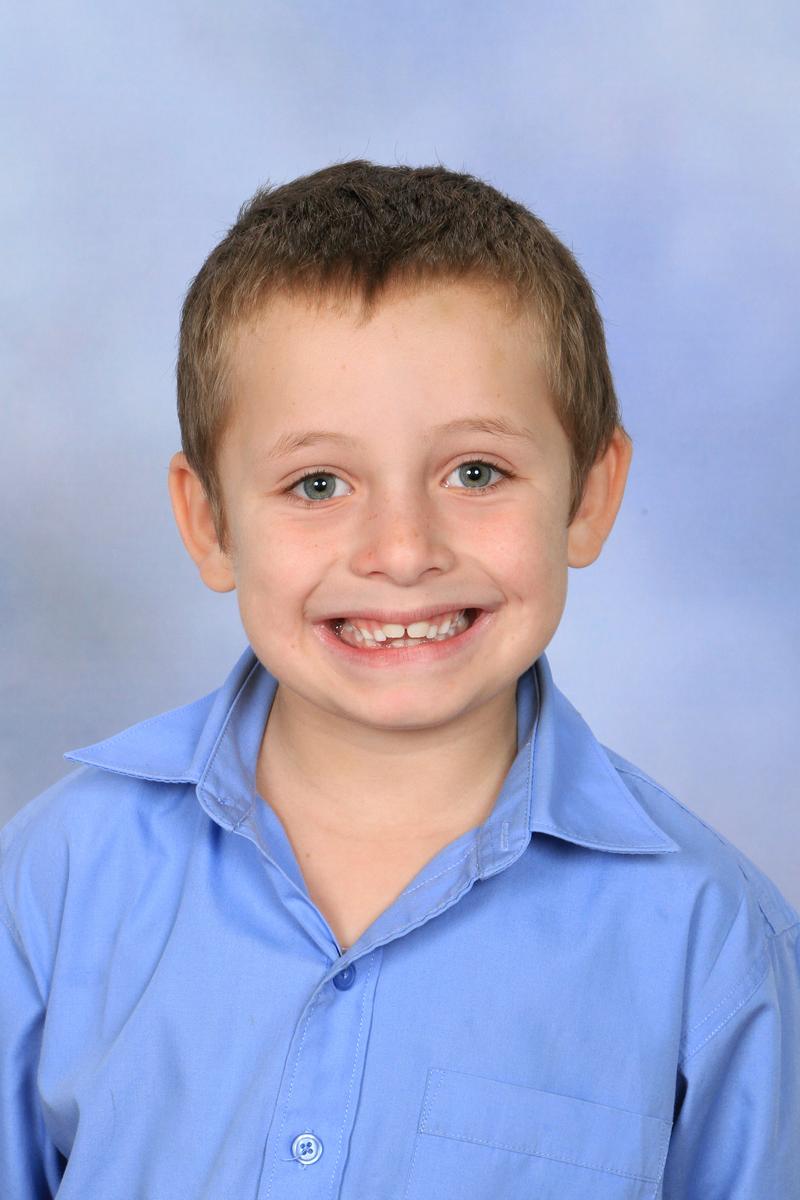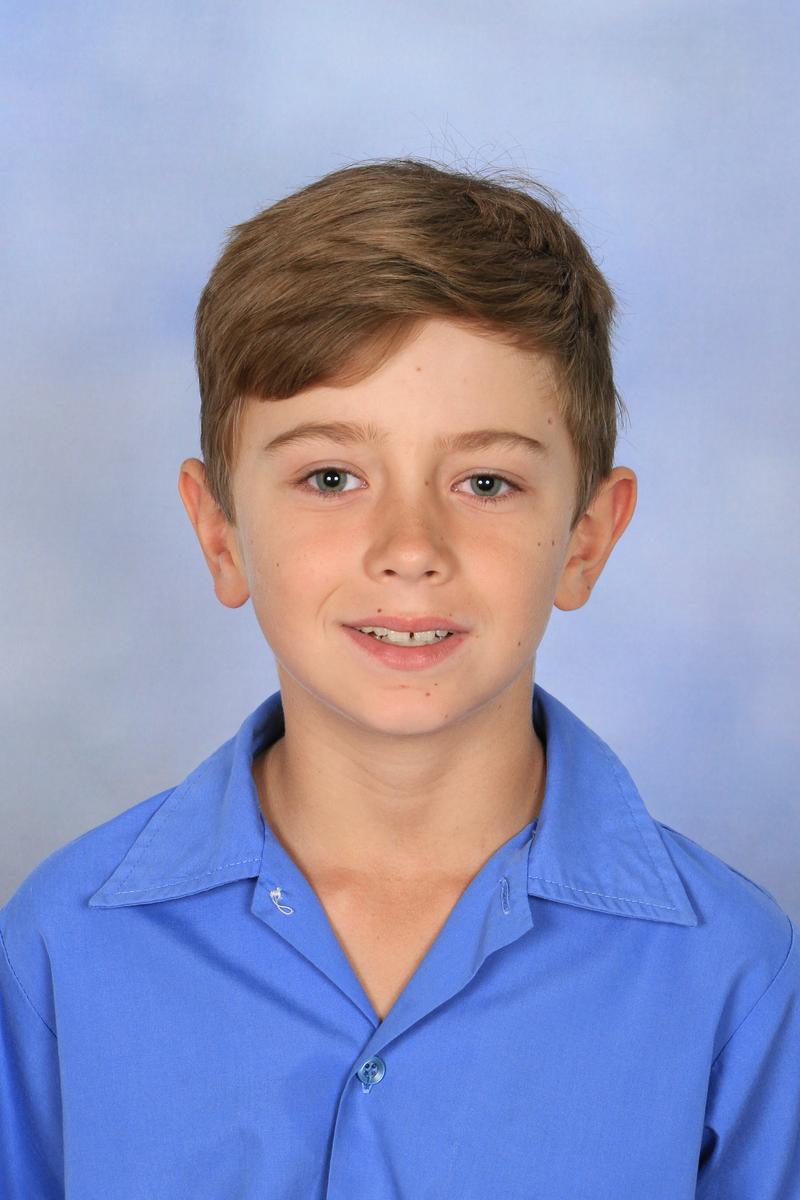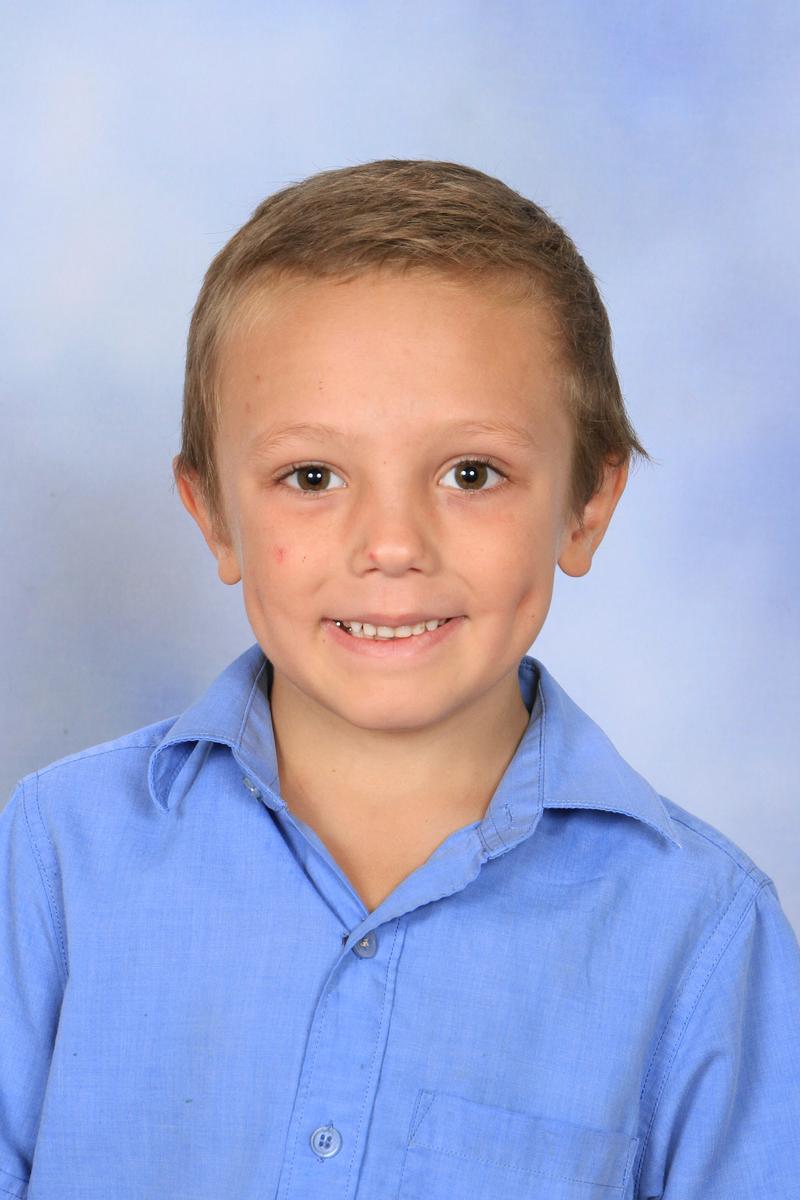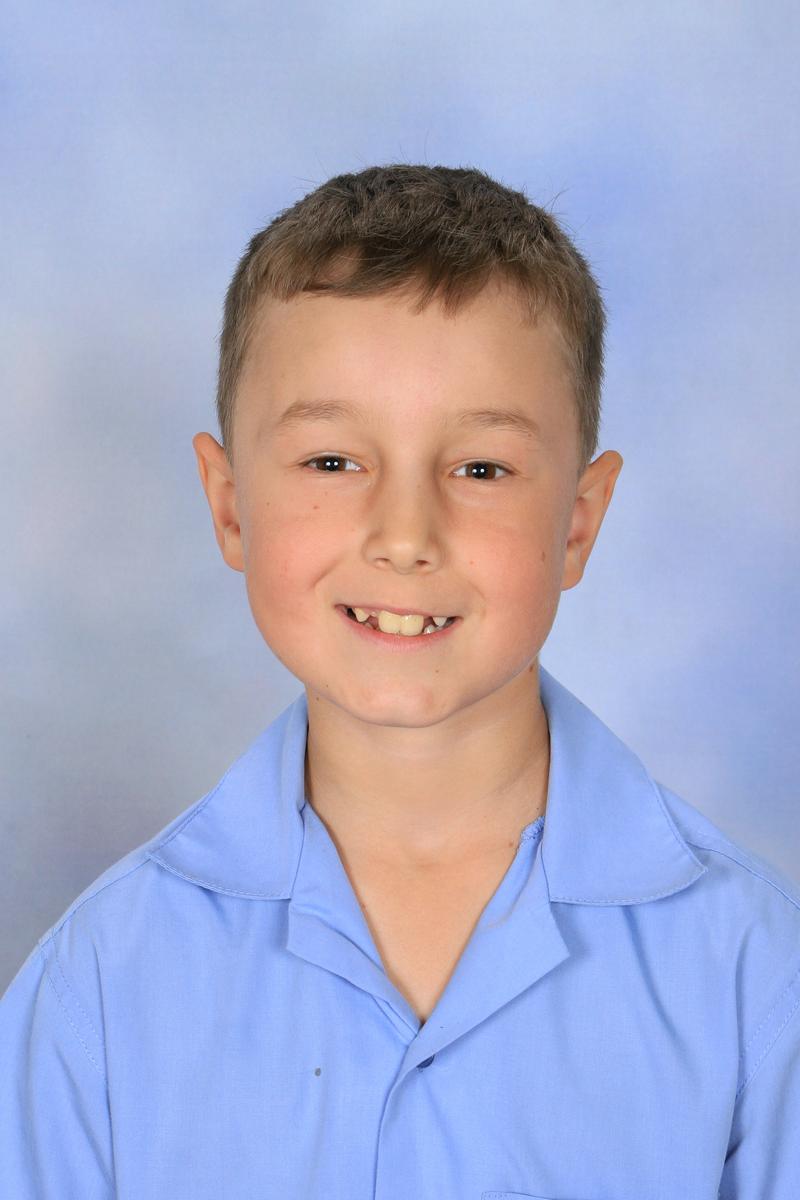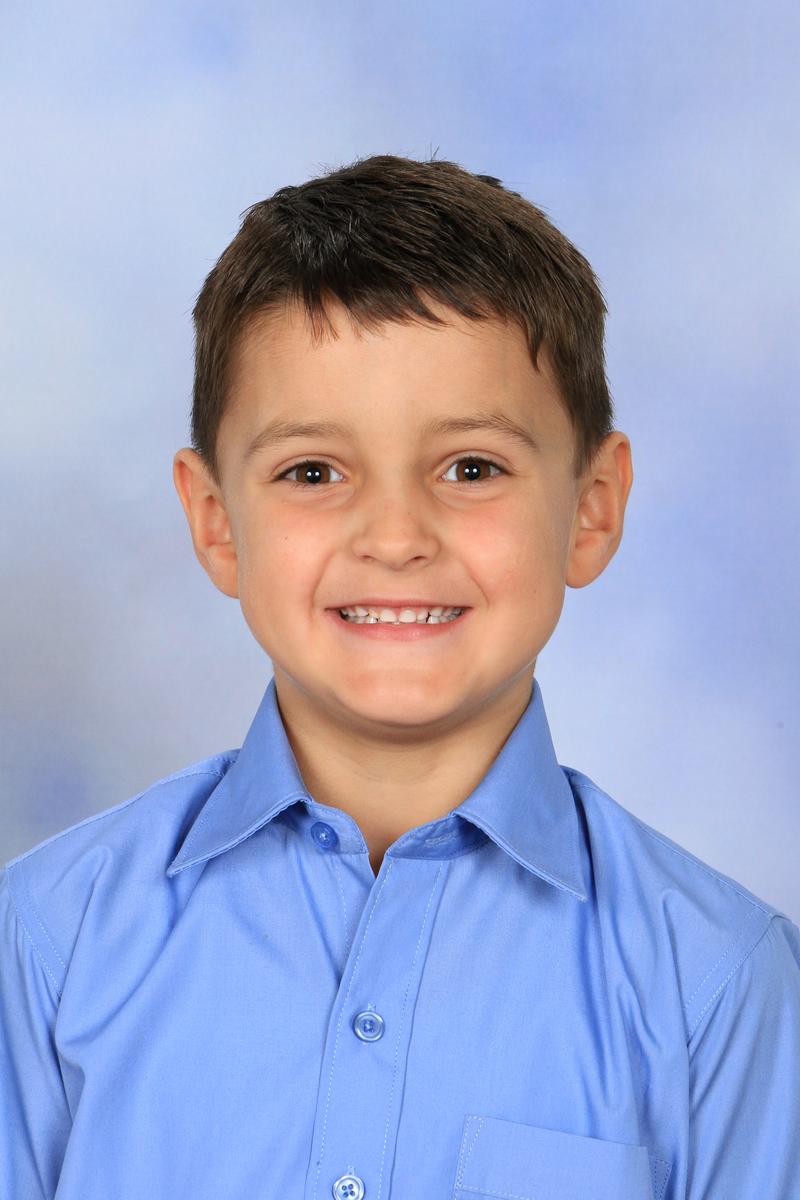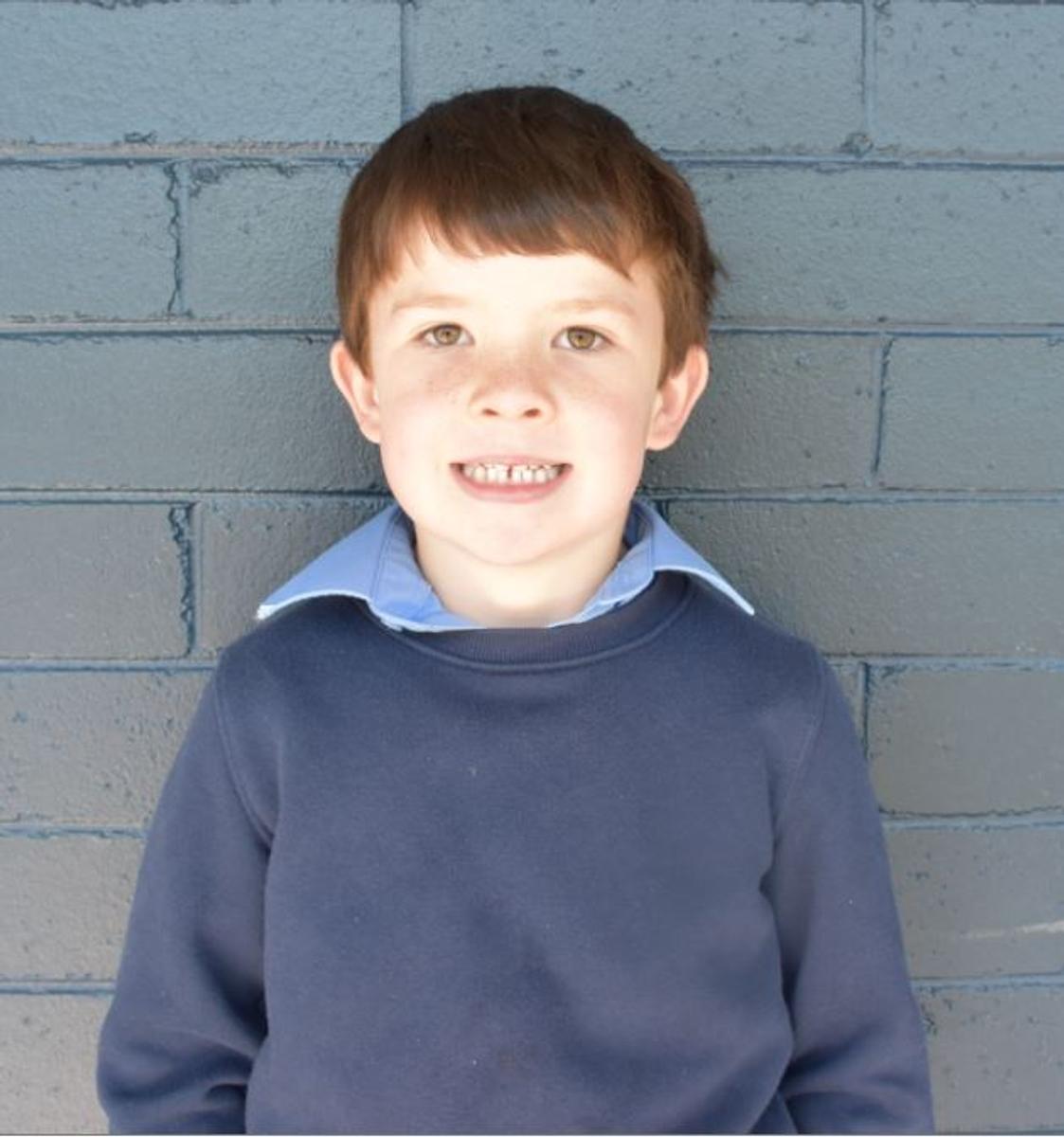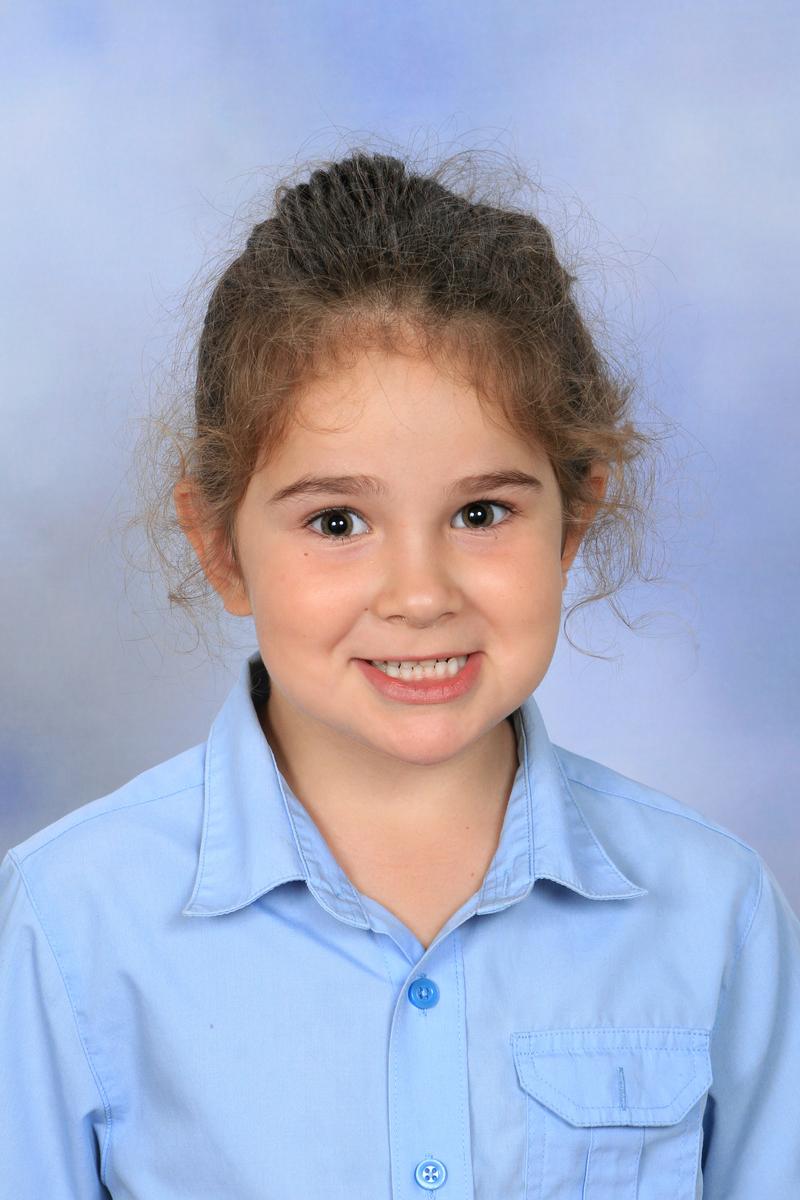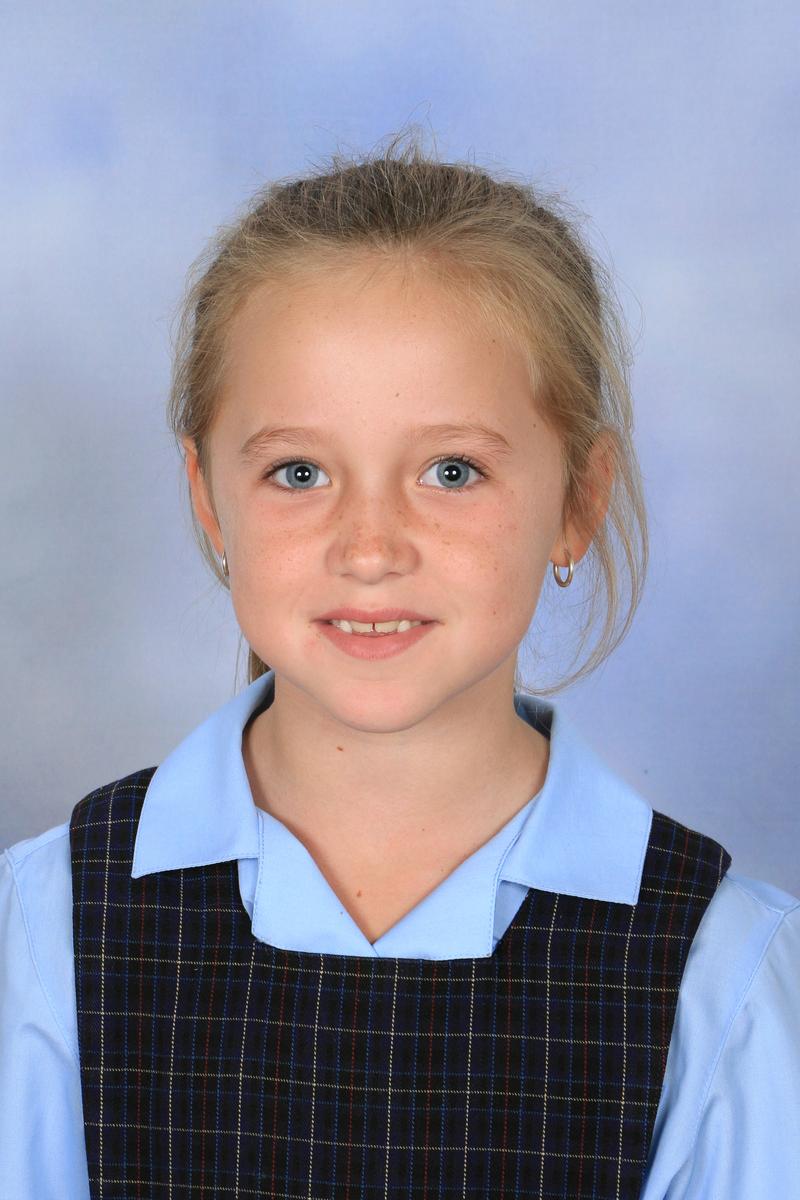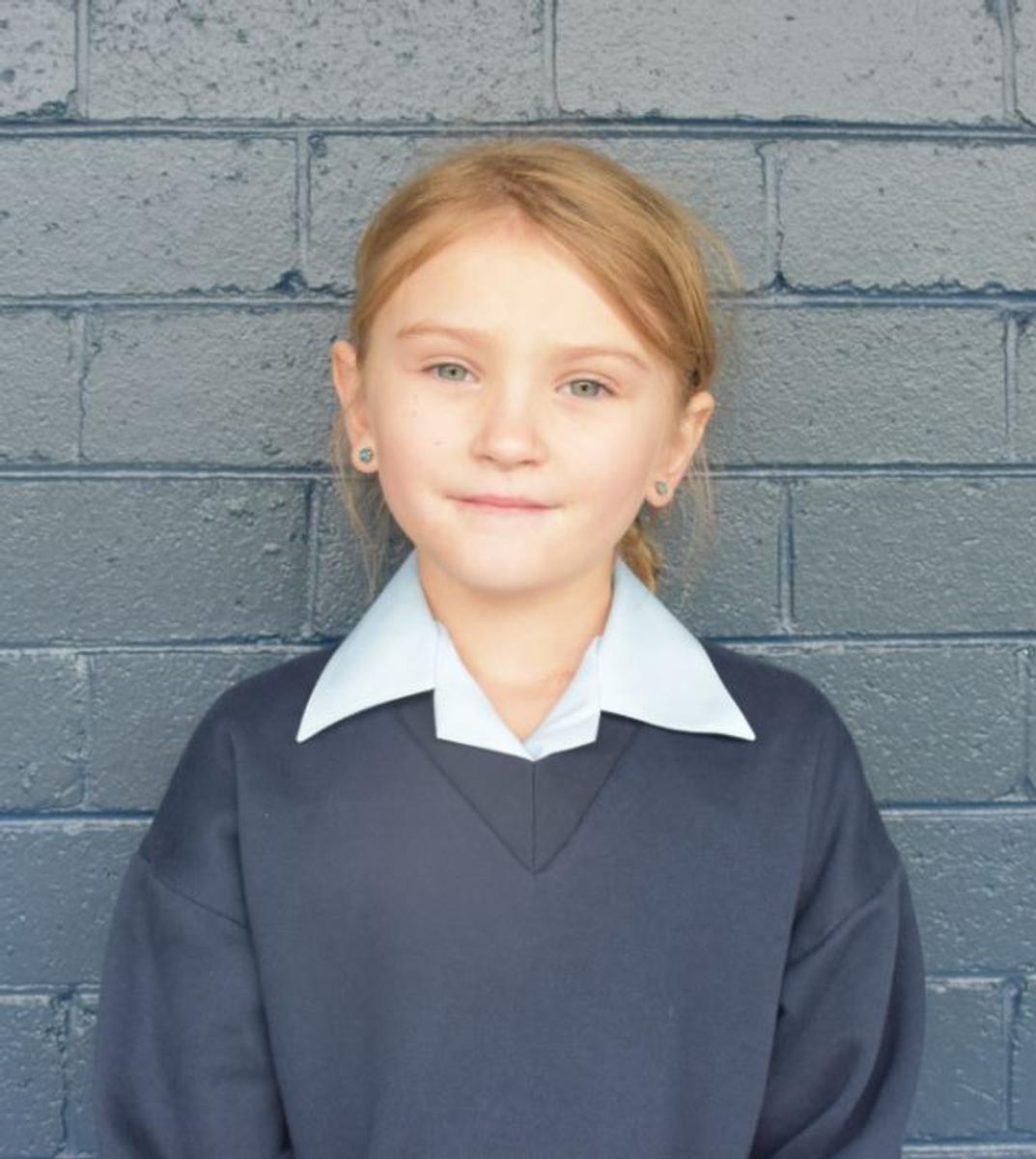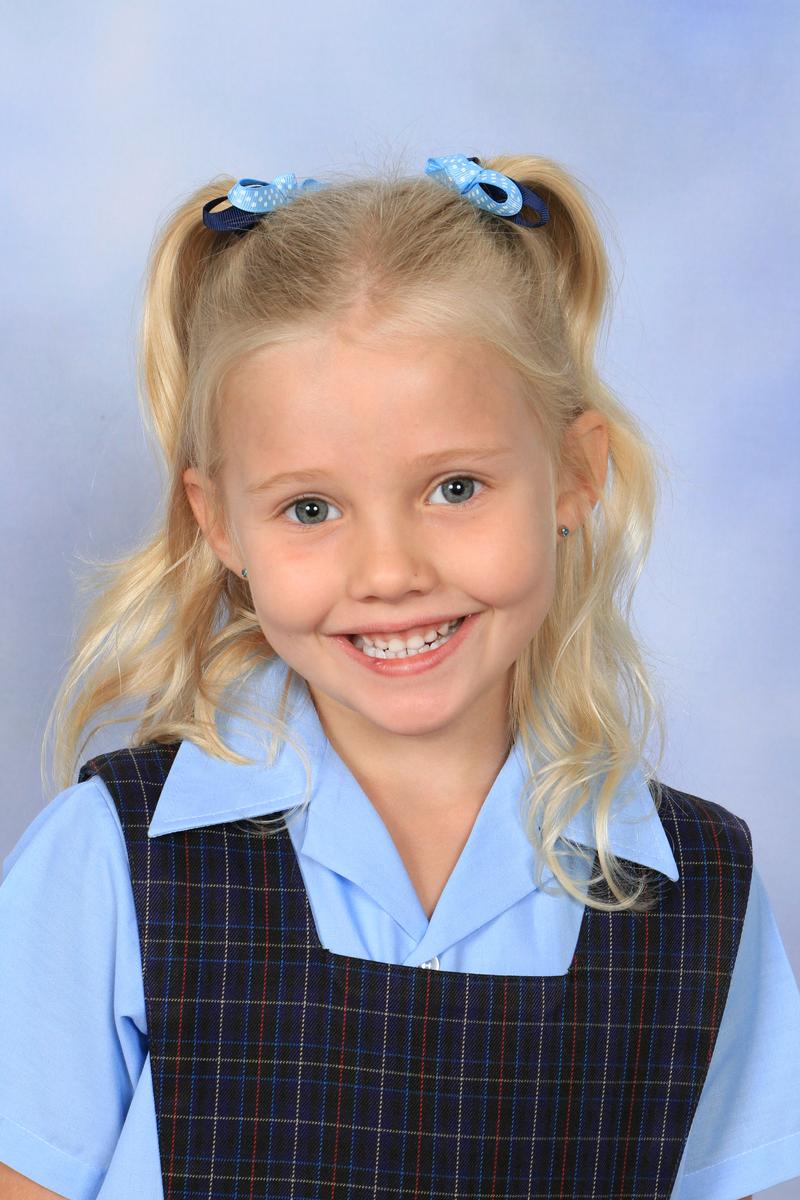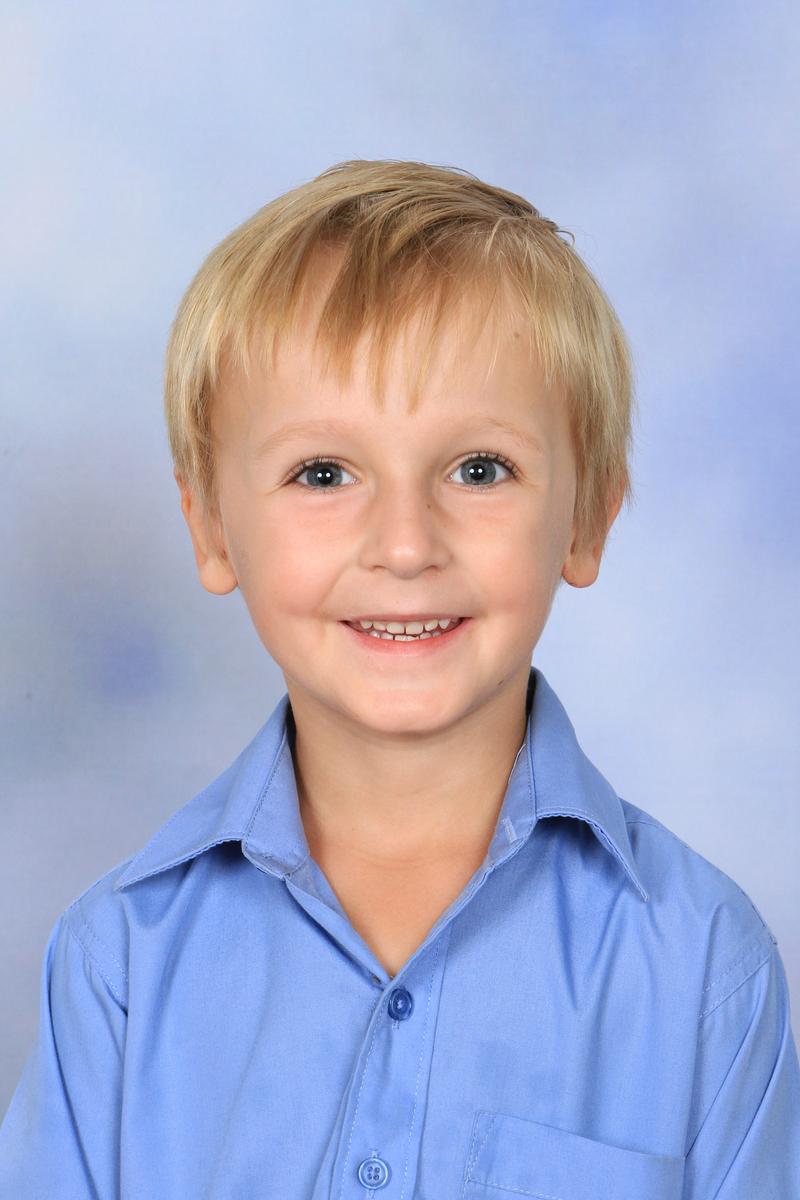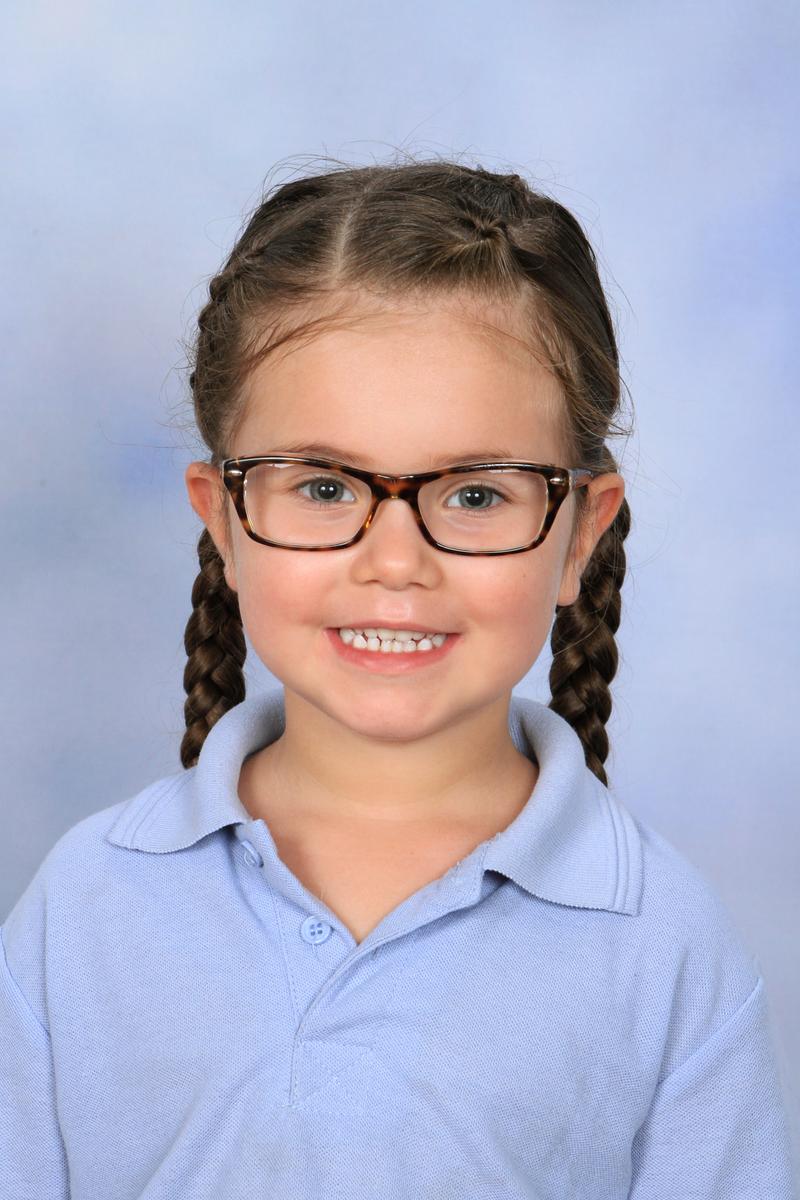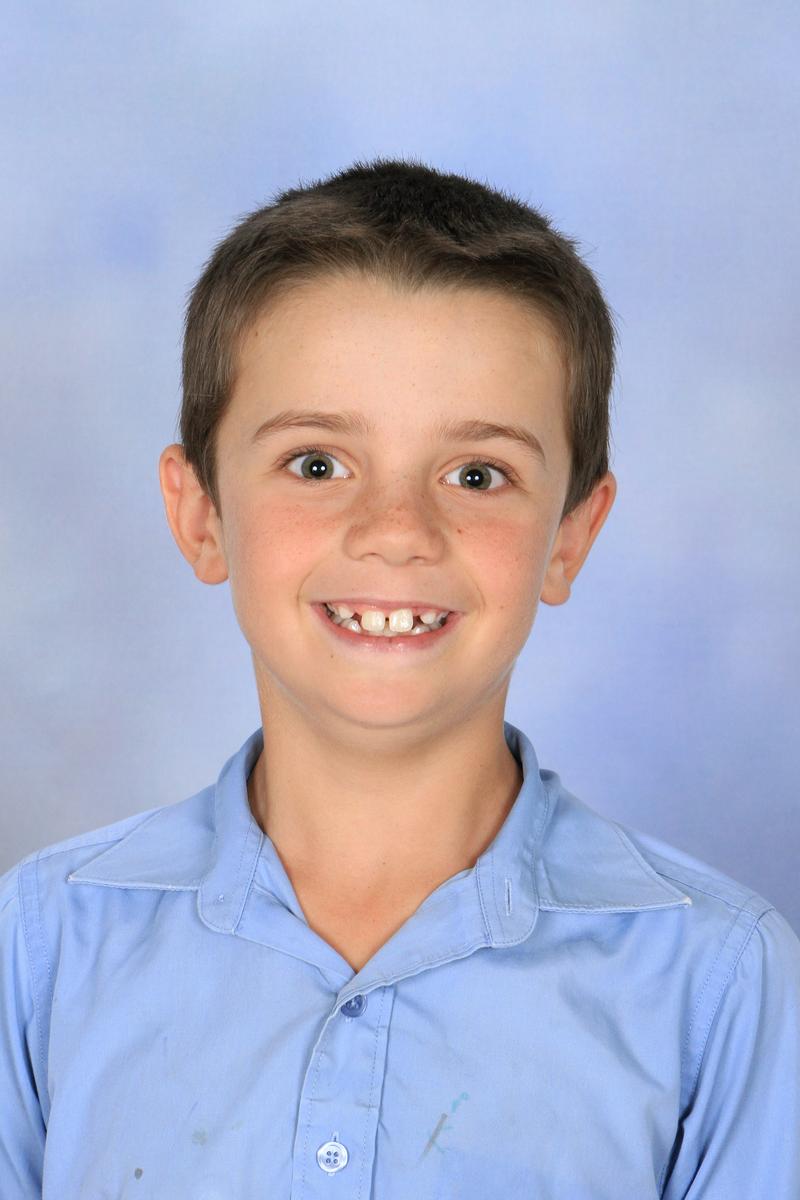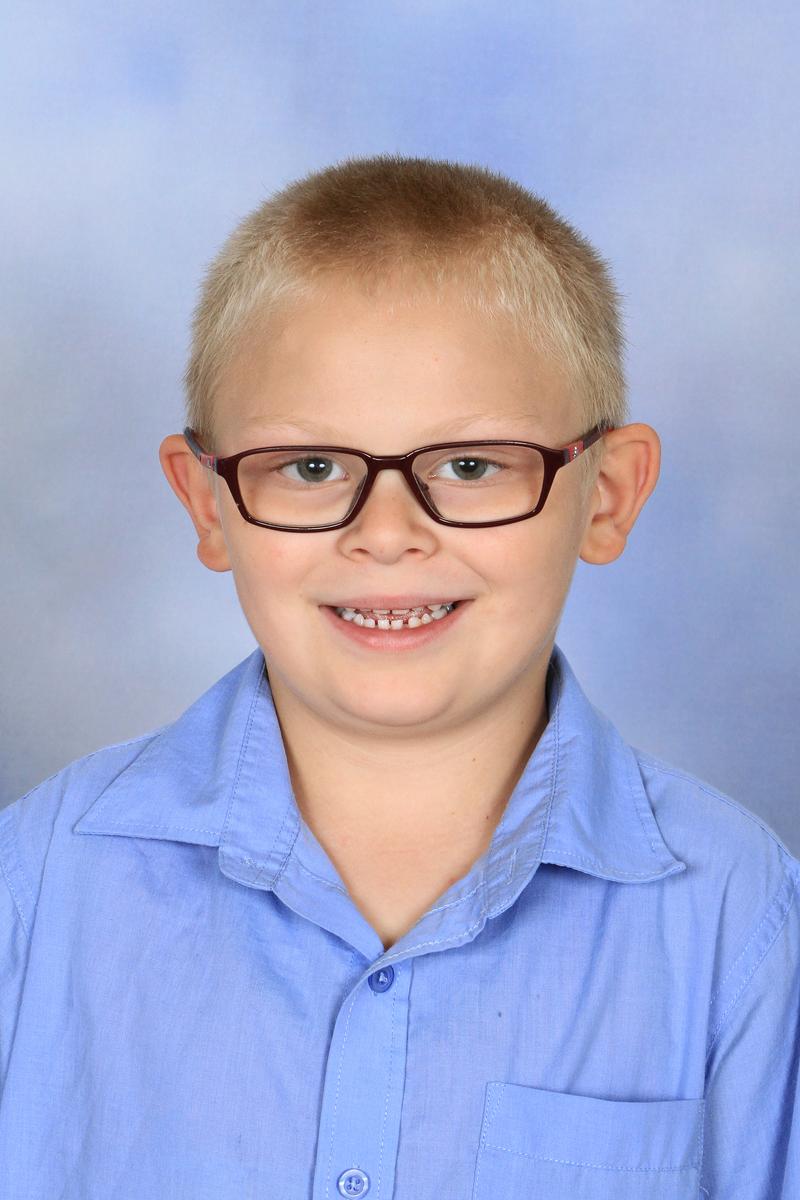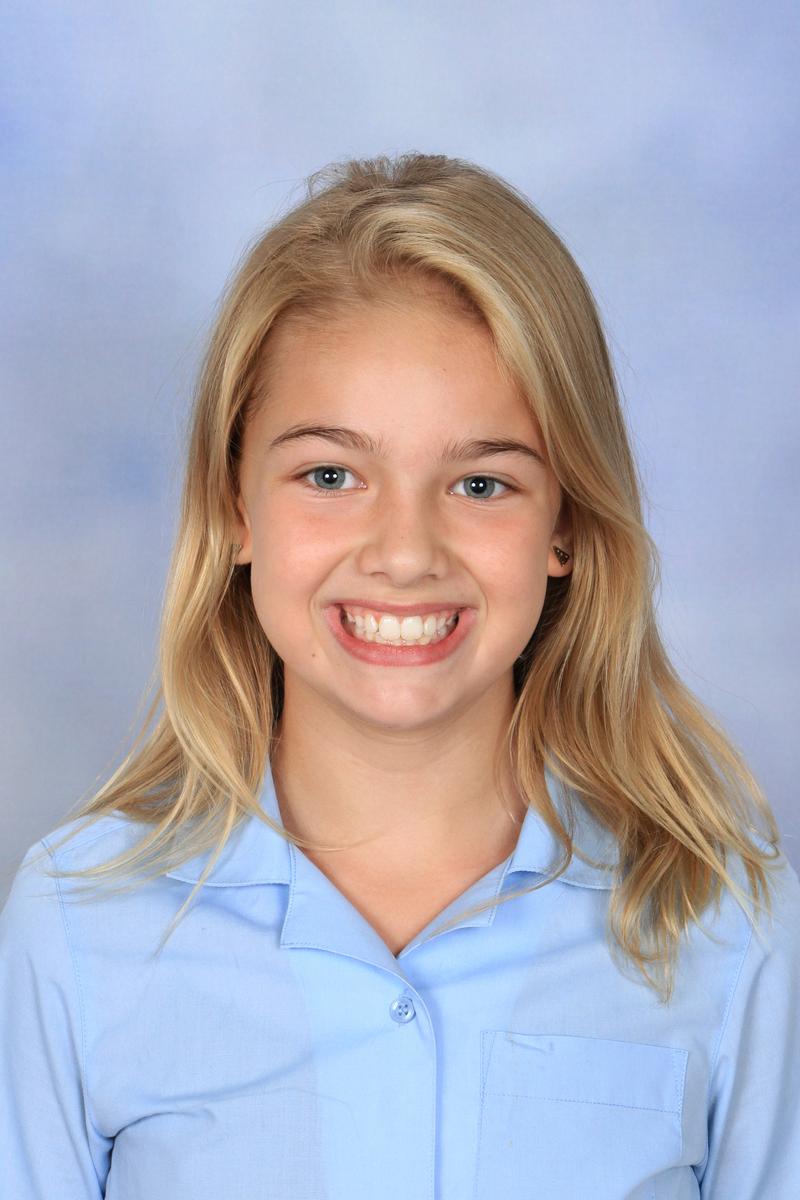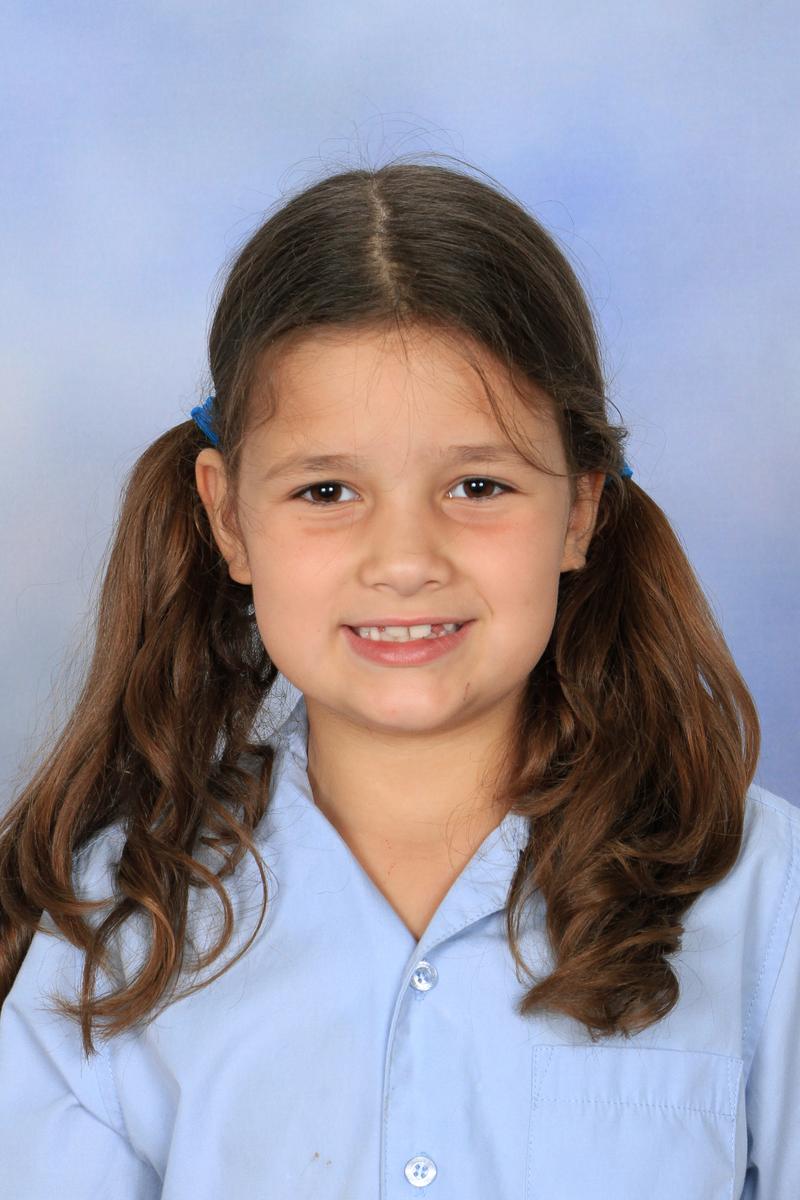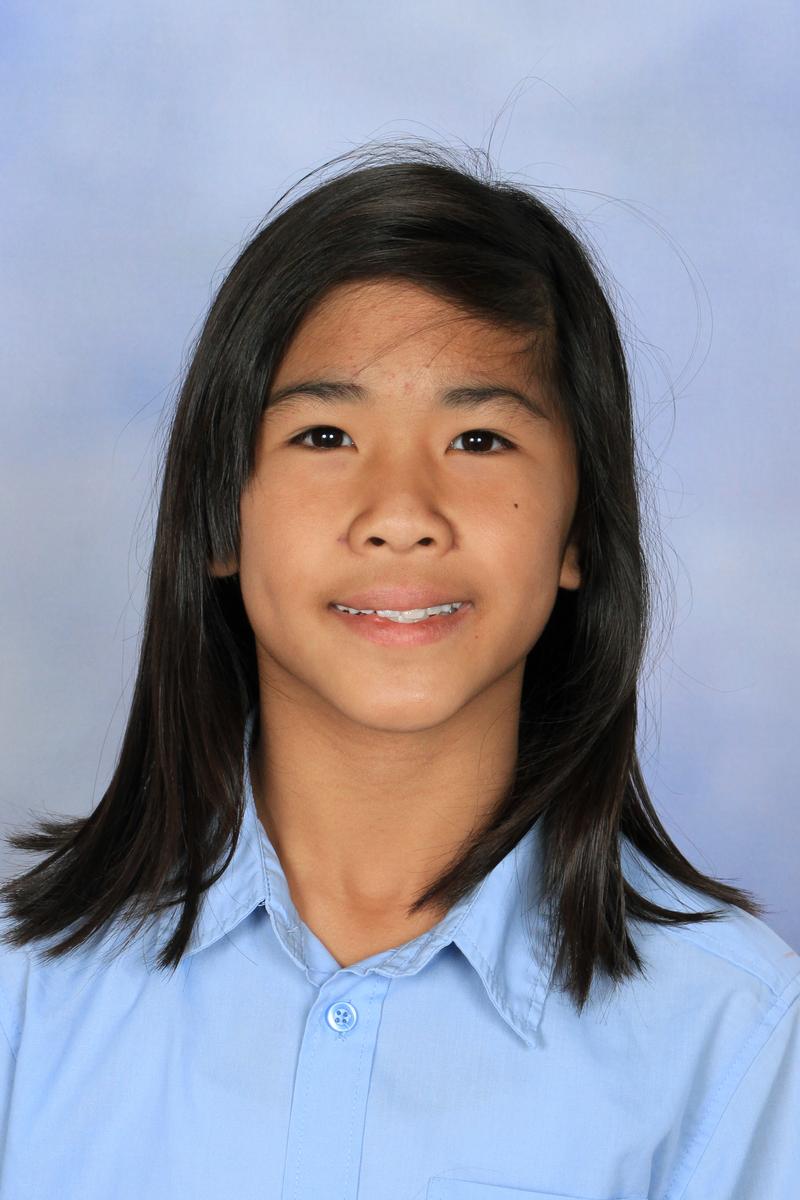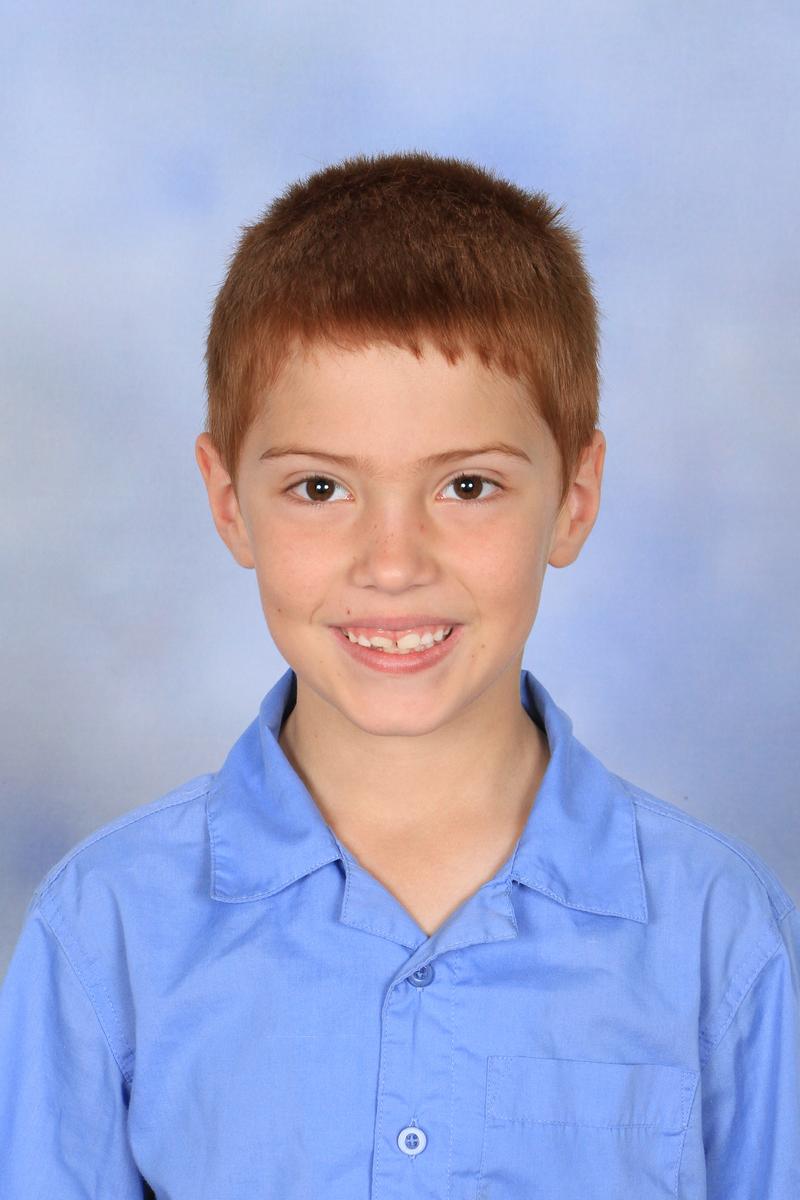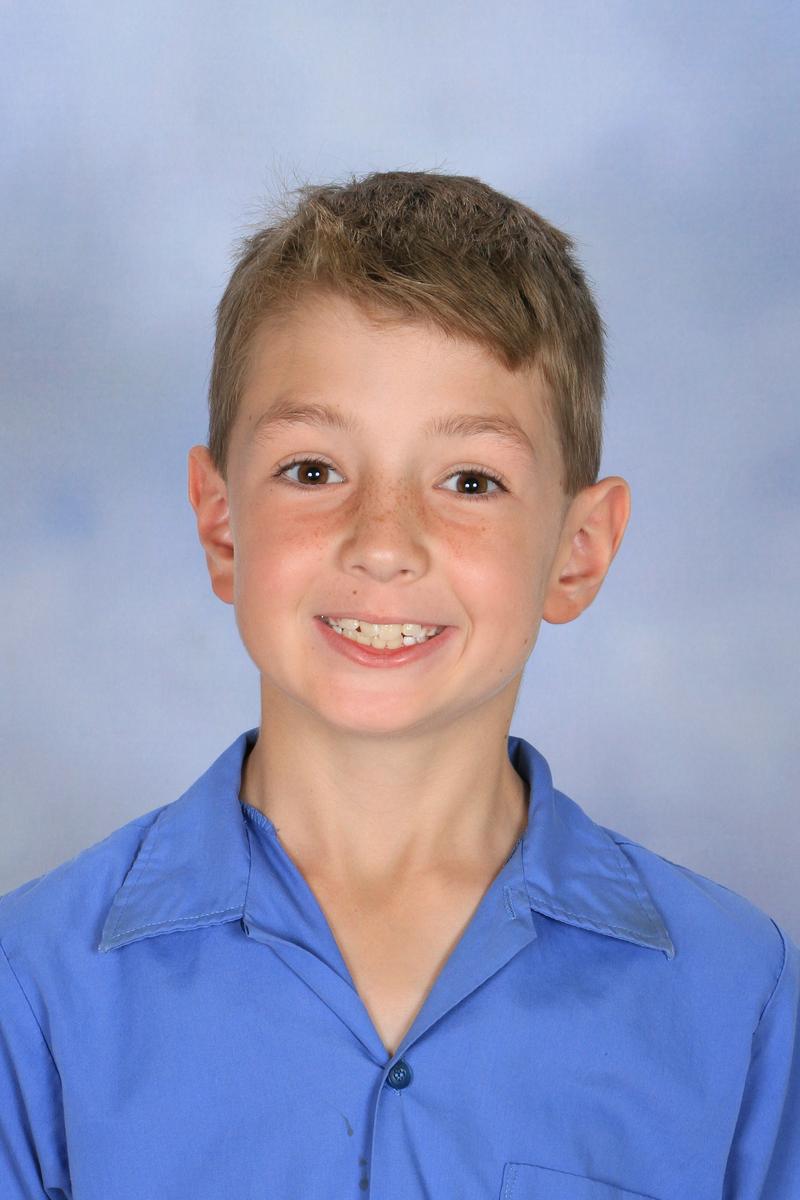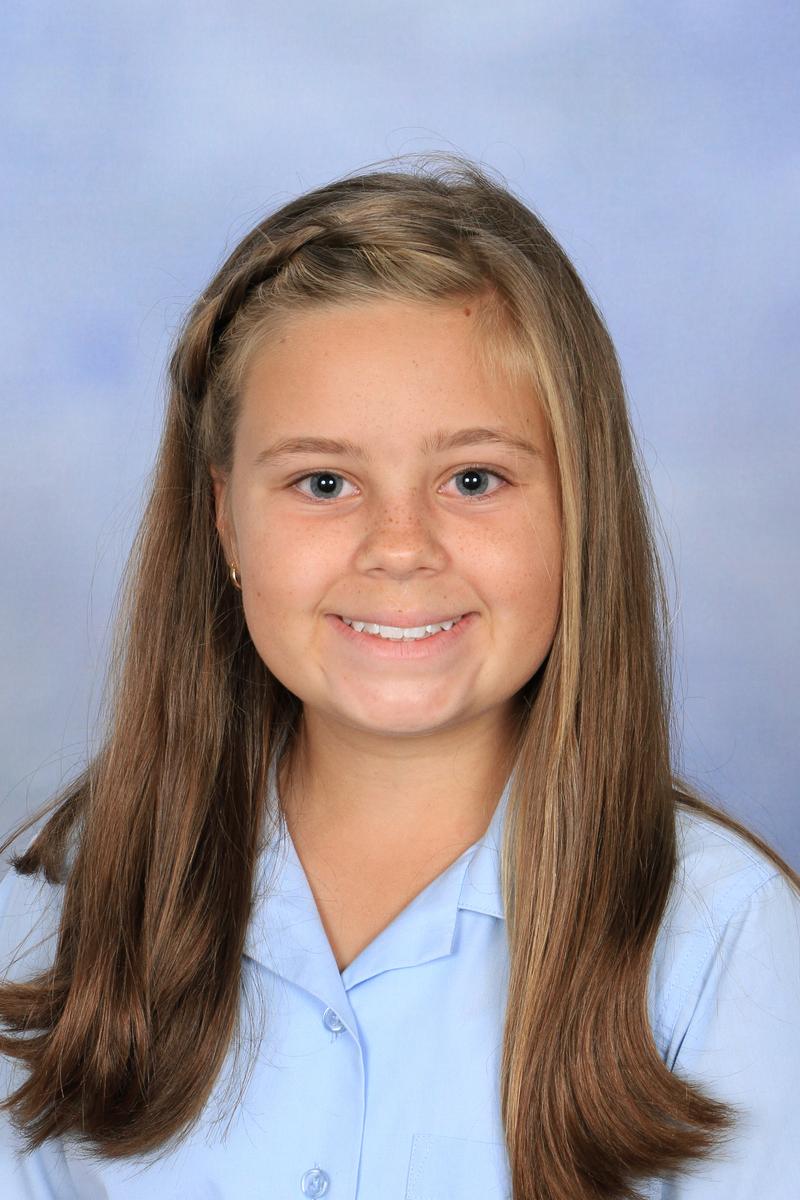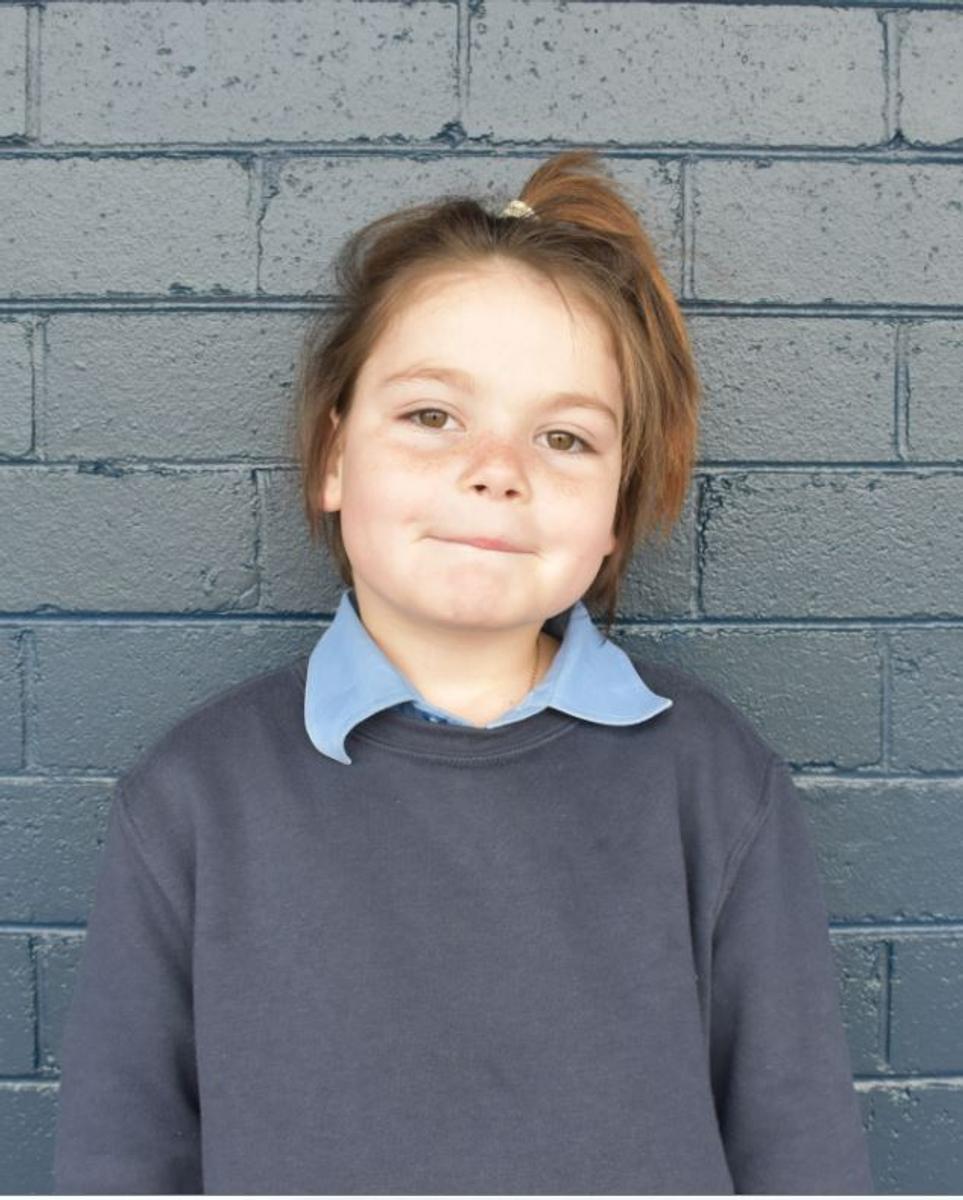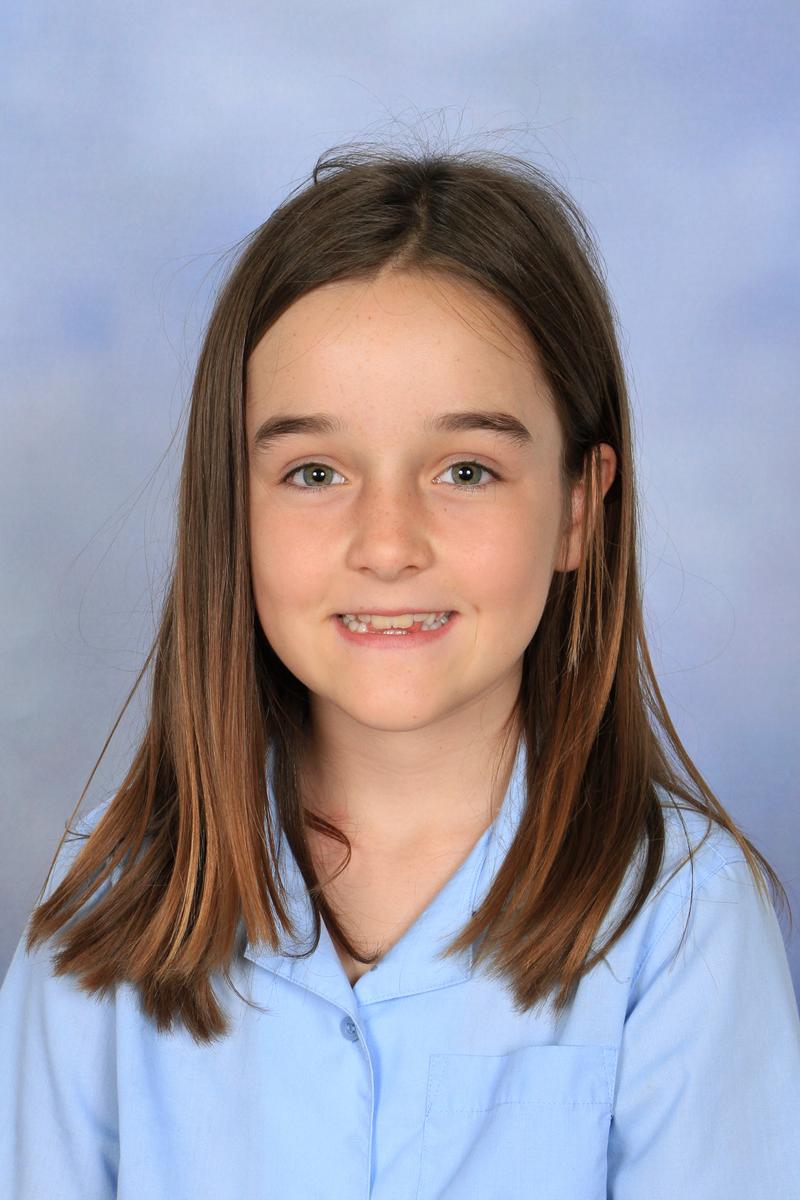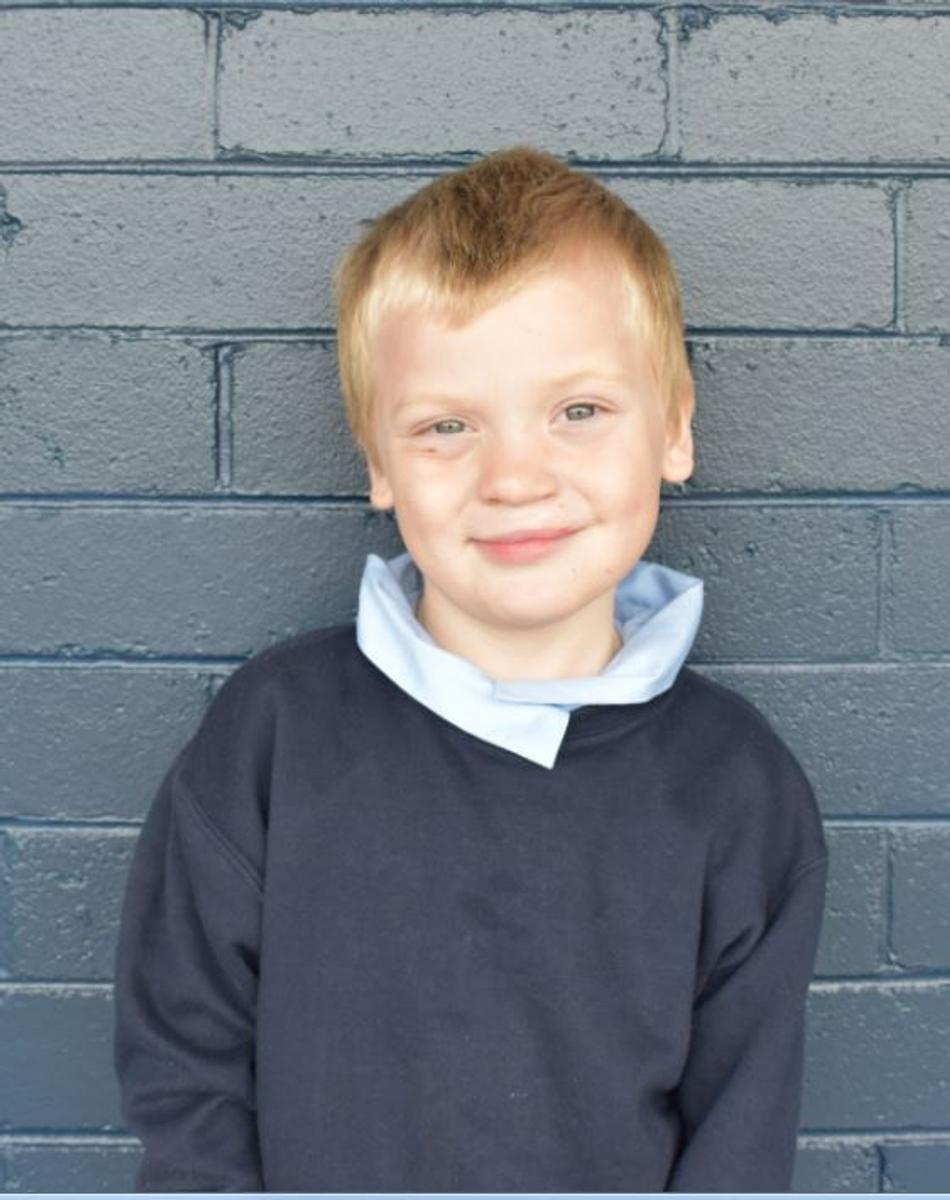Wellbeing

HOW2Learn - Why a growth mindset is critical in life - Part I
'You’re such a great artist!'
'You’re so smart!'
Who would ever imagine that praising
a child could be bad?
After all, we love our children and want them to have high self‐esteem. We want them to go out into the world thinking well of themselves, trusting their abilities, succeeding.
But it turns out even well‐intended praise for
children’s talents and abilities can backfire. In May, developmental and social psychologist Dr. Carol Dweck addressed the Bing community in the 2007 Distinguished Lecture to explain why and how praise can drain a child’s self‐esteem and sap motivation.
One of the world’s experts in the study of
motivation, Dr. Dweck has spent the last forty years looking at why and how people achieve their potential—or don’t. Her research has, in fact, led to the creation of a new field in educational
psychology—achievement goal theory. The results of her work have been used around the world with children, athletes, businessmen and others. And as you will see, the role of praise is integral.
But before the role of praise can be understood, it’s necessary to grasp the fundamental models that underlie Dweck’s work—the fixed mindset and the growth mindset. This is one of Dweck’s most important findings—that there are two different mindsets that children (and adults) can have about their intelligence and abilities.
Some individuals have a fixed mindset. They think
their abilities, talents, and intelligence are fixed
traits. “They have only a certain amount, and that’s that,” says Dweck. Those with fixed mindsets might believe, for example, that intelligence is determined at birth.
Other individuals have a growth mindset. They think intelligence and abilities are things that can be developed and cultivated throughout life. “People with a growth mindset don’t think everybody’s the same,” cautions Dweck, “but they believe that everyone—through effort, dedication, schooling, experience—can grow.”
How do researchers measure the mindsets of
children? By asking them to agree or disagree with statements like the following: “Everyone has a certain amount of intelligence, and they can’t really do much to change it.” Or… “To be honest, people can’t change how intelligent they are.” Children who disagree with statements like these have a growth mindset; those who agree have a fixed mindset.
In study after study, Dweck has found that
individuals build an entire psychology of motivation around the mindset they hold. In one such study, Dweck and her researchers set out to measure and define the mindsets of 400 students making the transition to junior high school. (While Dweck’s studies have included preschoolers, most of the research she discussed involved older children. While she noted that these mindsets are found in children as young as three or four, older children have more articulated ideas about intelligence and are starting to show different motivational patterns).
In this particular study, students with growth
mindsets cited learning as the most important goal.
They agreed with statements such as, “It’s much
more important for me to learn things in my classes than it is to get the best grades.” They cared about grades, but their first priority was learning. “In other words, if you think your intelligence can be developed,” says Dweck, “that’s what you want to do.”
But for students with fixed mindsets, looking smart and being judged smart were the most important goals. They agreed with statements such as, “The main thing I want when I do my schoolwork is to show how good I am at it.” Dweck notes, “If you think it’s a fixed trait, you’ve got to have it, and you’ve got to have other people thinking you have it, too.”
Stand tall, Walk proud!
Start typing your article in here...
Phoenix Award Recipients
Congratulations to the following students who received their Bronze Phoenix Award at the last school assembly. Well done to you all!
Balala
Jackson Davison, Stephanie Barlow, Callum Cox, Oliver Cole, Chloe Barnden, Isabelle Byers, Emily Bishop, Cayden Bell, Georgina Ball, Charlie Archibald, Indie Anderson, Kiara Anderson, Mason Cole, Talieshia Campbell, Arlen Cochrane, Abbie Bourke and Abby Acton.
Gostwyck
Amber Press, Annika Fuller, Bella Hawkins, Millie Hunt, Harry Faulkner, Kaylee Faulkner, Lucy Gardiner, Annie Hunt, Connall Hinton, Rhys Fischer and Julian Hunt.
Kentucky
Saumarez
Abby Taylor, Fynn Williams, Gibson Westley, Kade Swilks, Cooper Taggart, Jaden Watts, Alex Weiley, Samuel Smith, Ferguson Ward-Sutton, Amelia Swift, Mackenzie Taggart, Arlia Witcher, Bridget Williams, Fletcher Williams, Lolah Ridgewell, Cody Williams, Dylan Surawski, Pheobe Swift, Georgia Swift, Salisar Poomipak, Jack Vanry, Noah Rowley, Brandon Risk, Laura Shanahan, Tayleaya Meehan, Eliza Prowse and Chayse Meehan.

